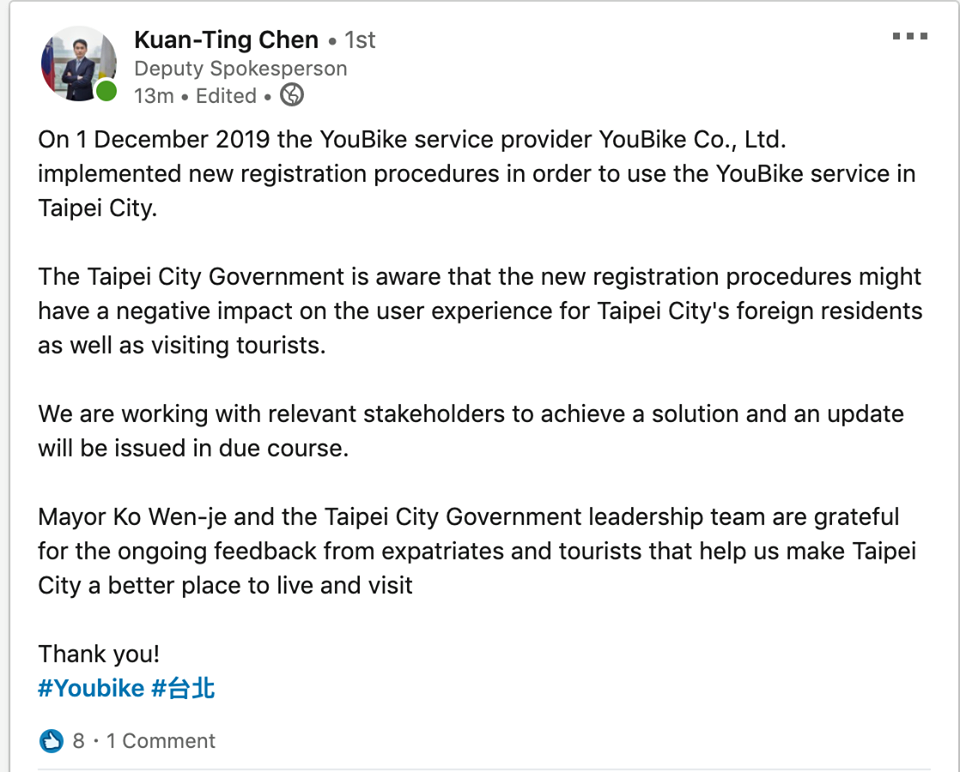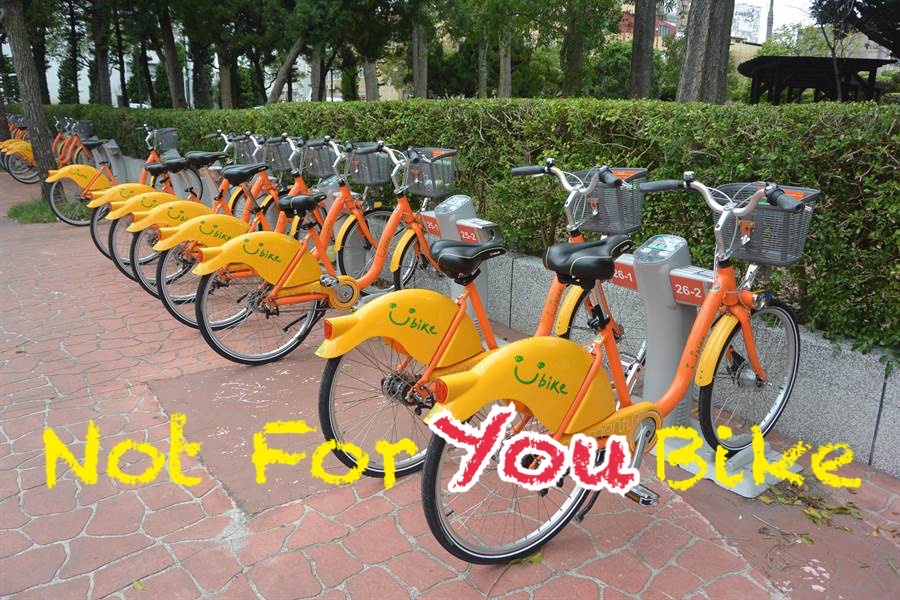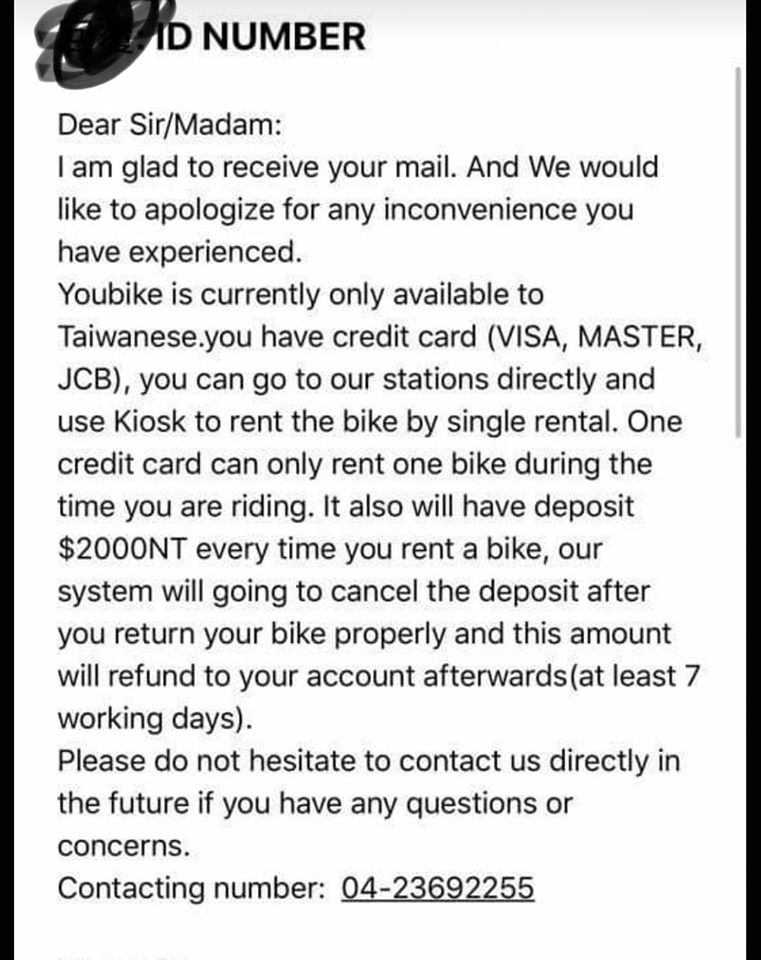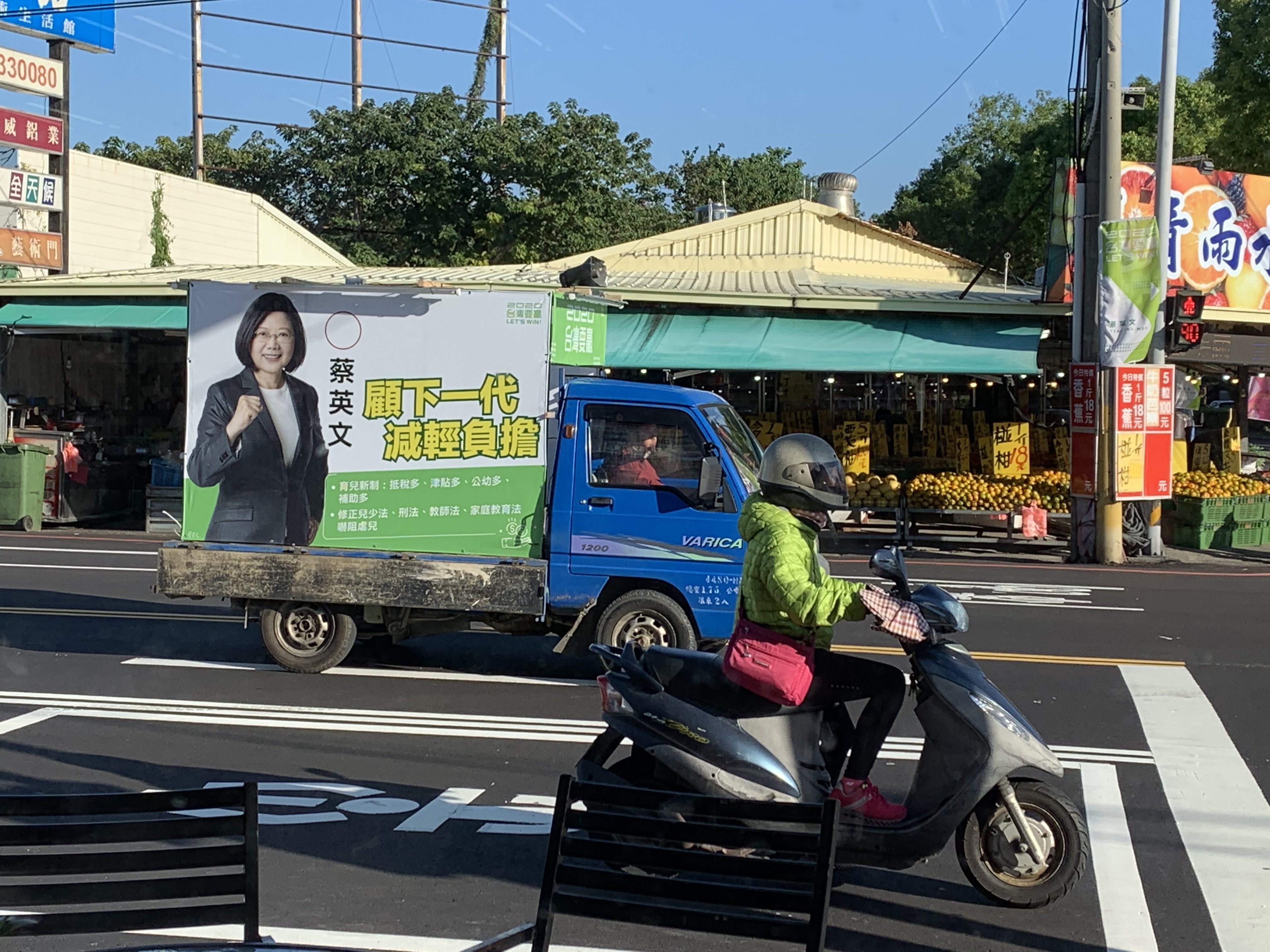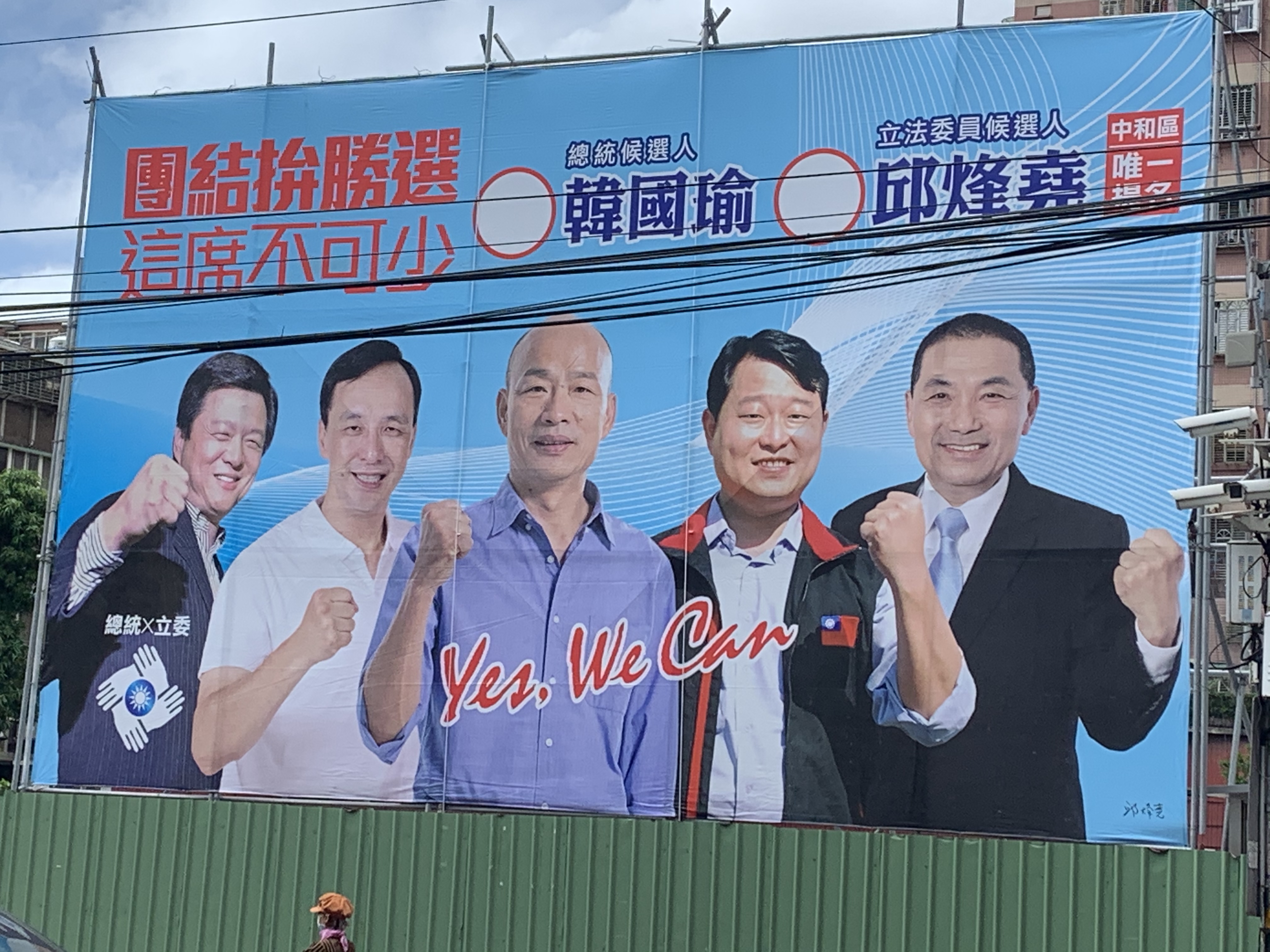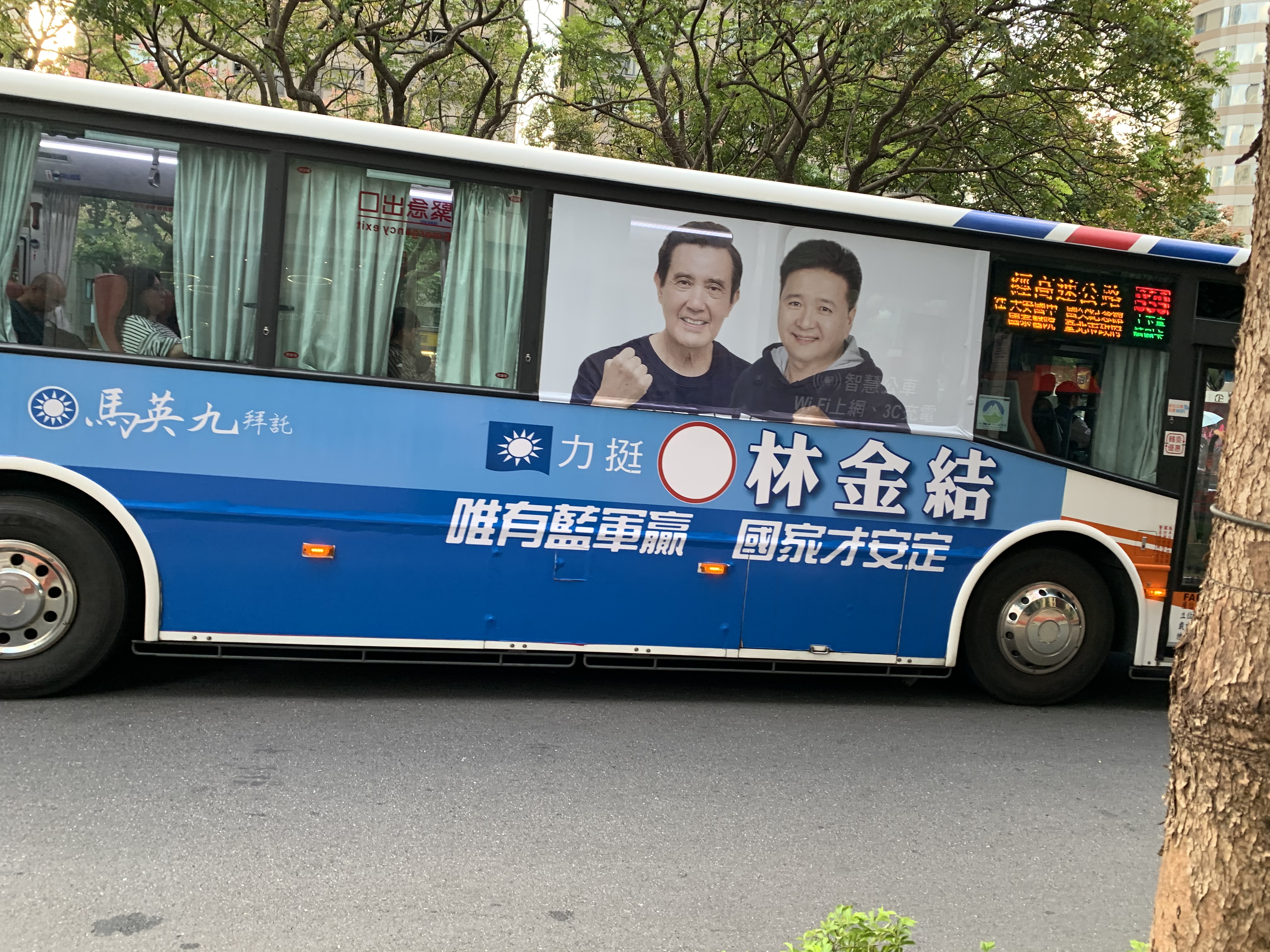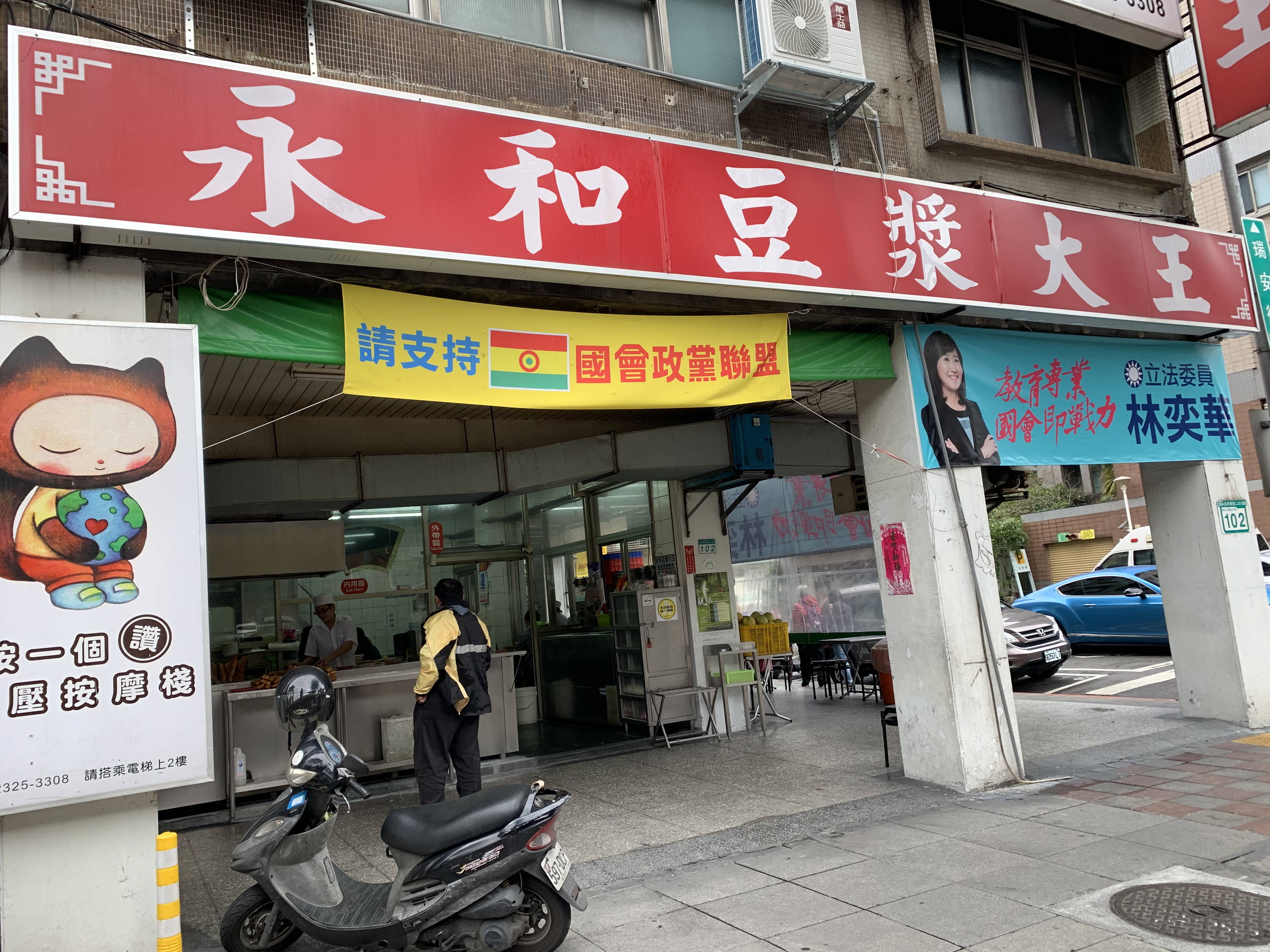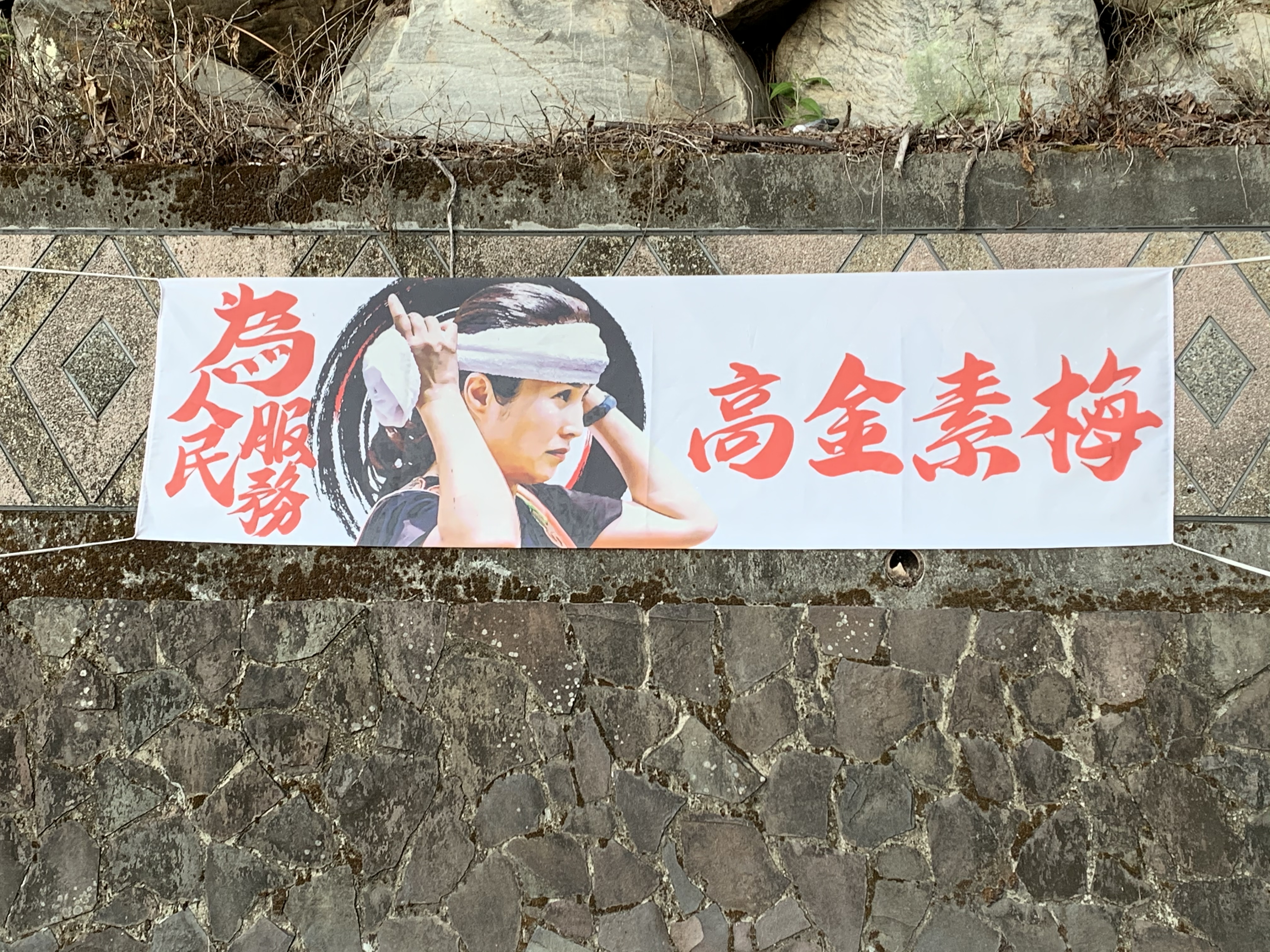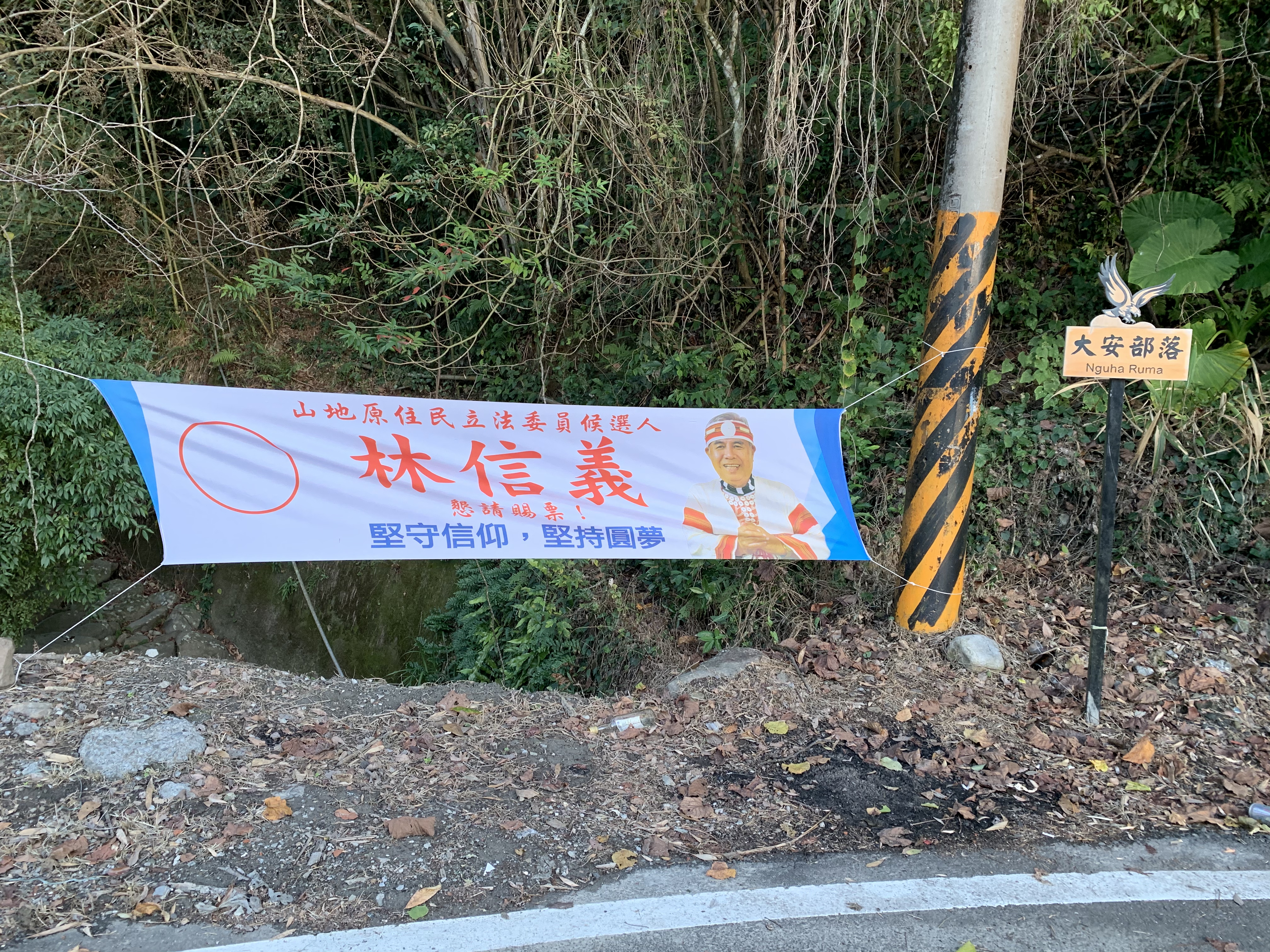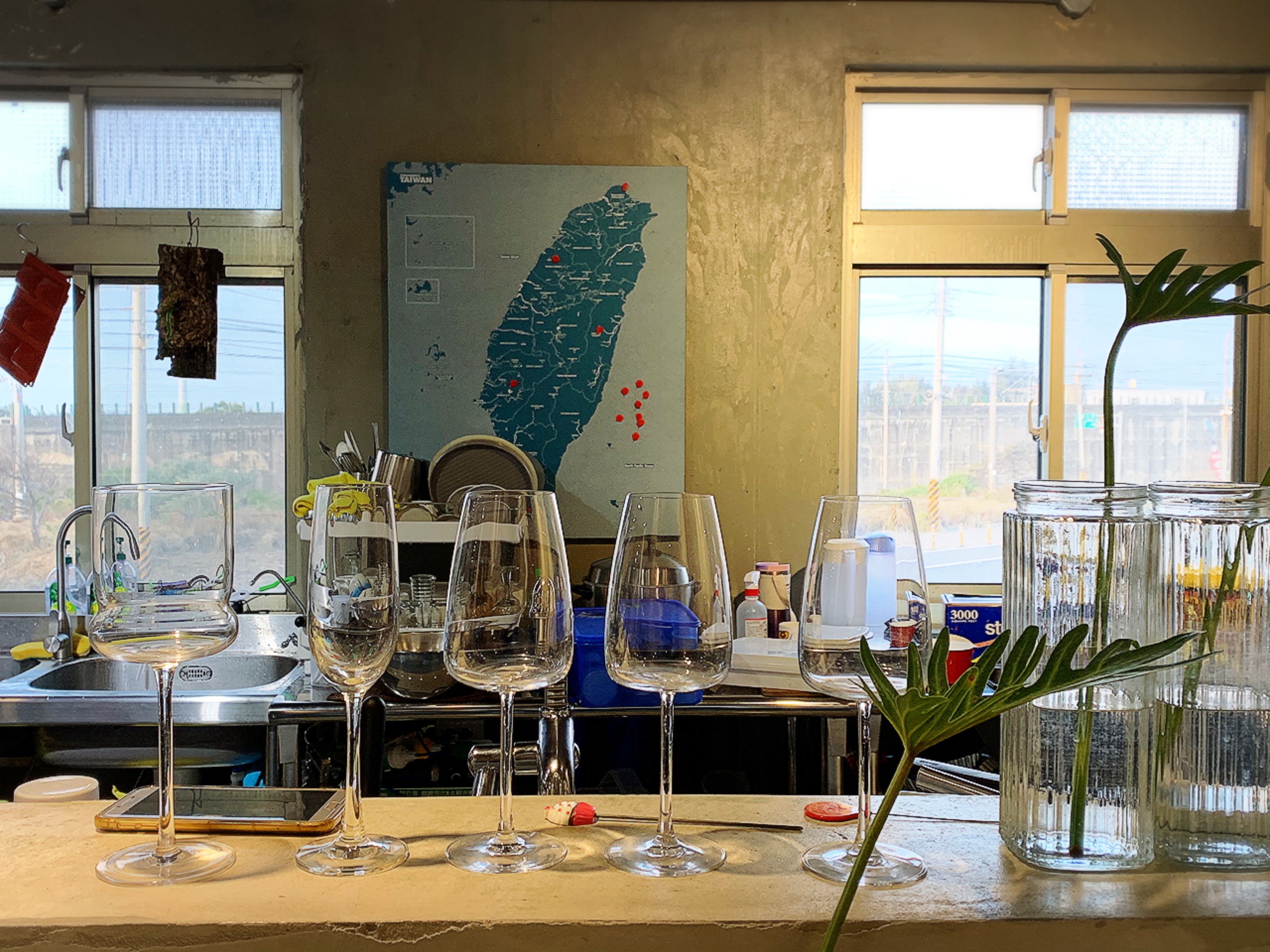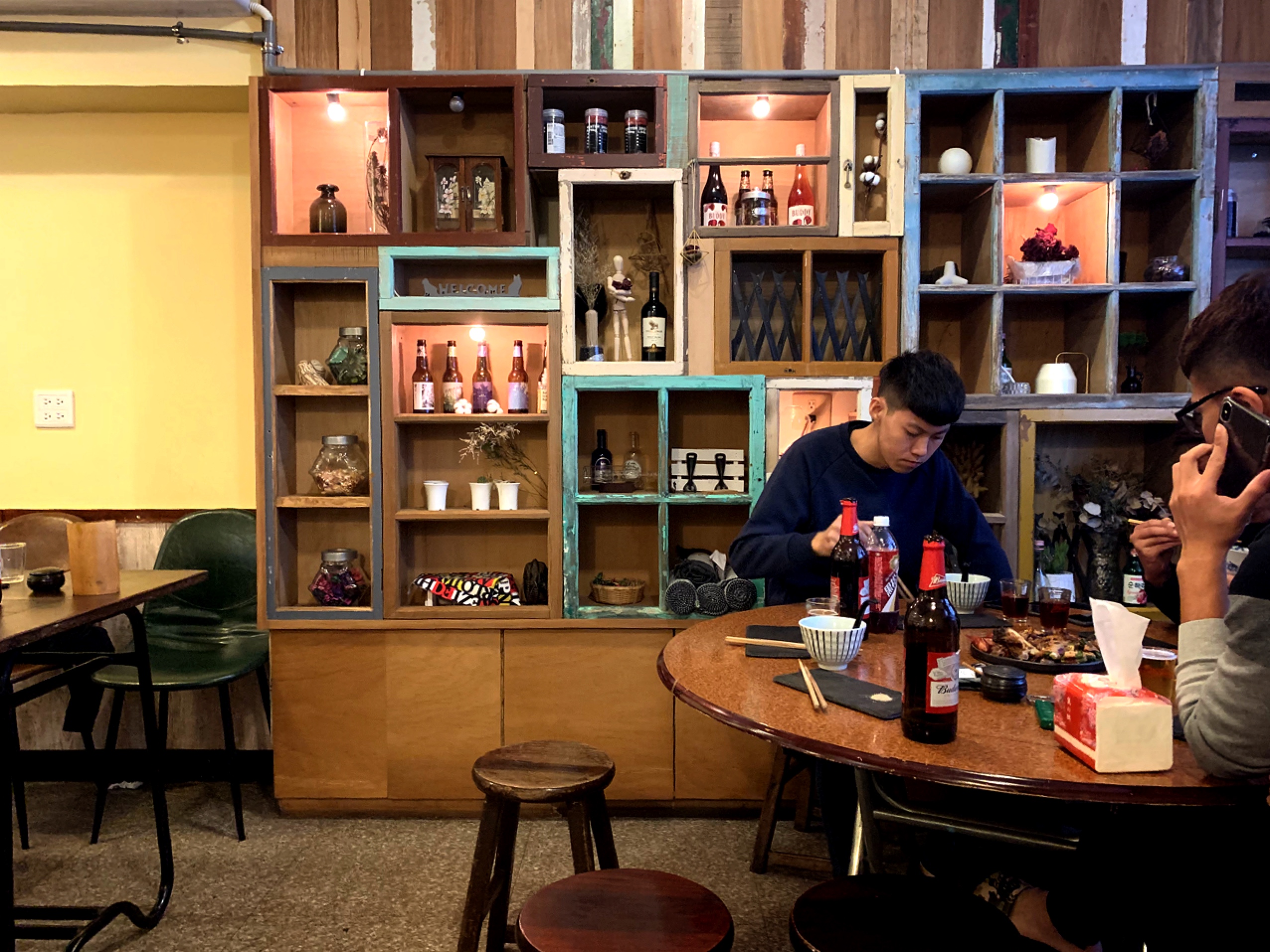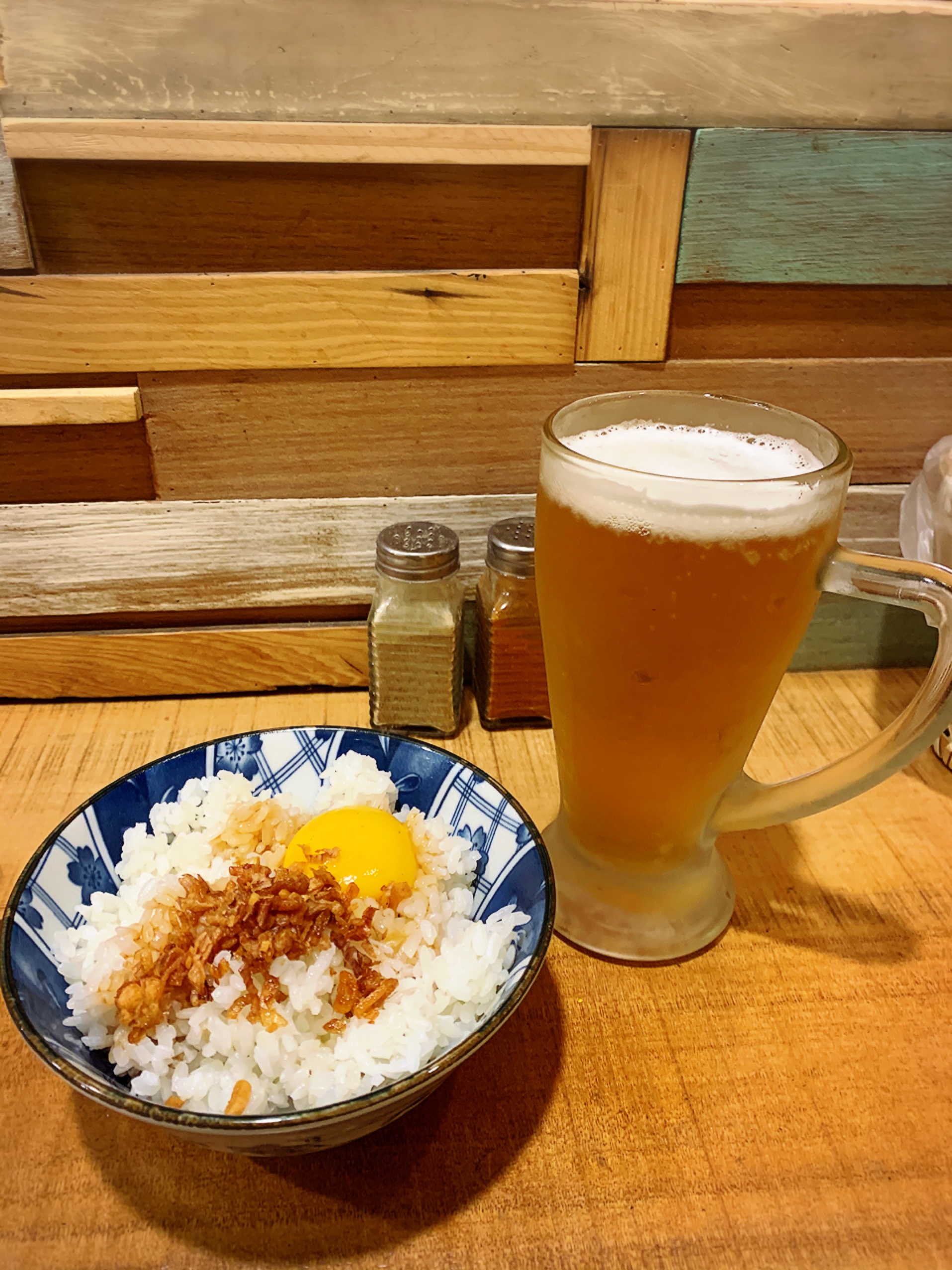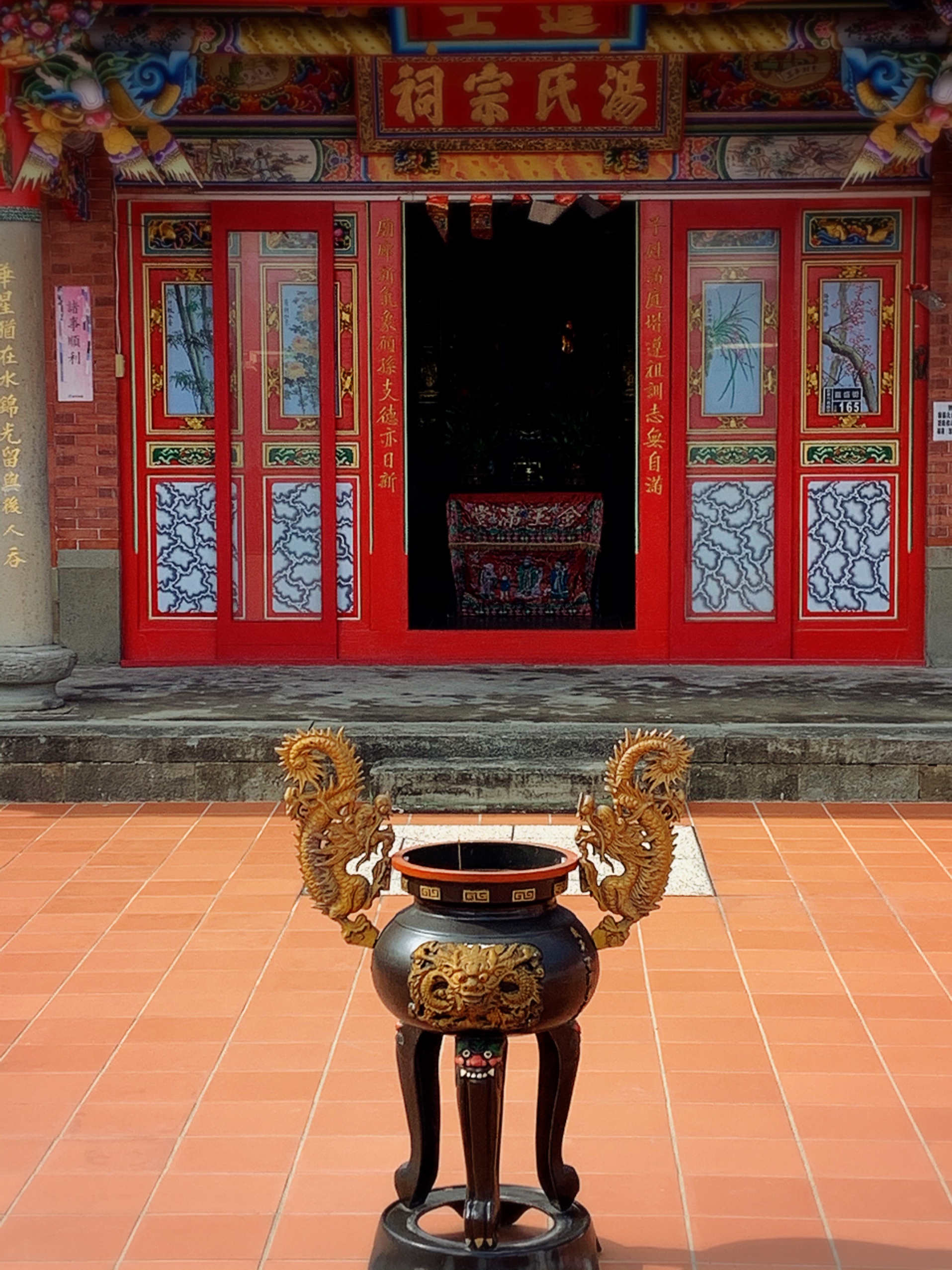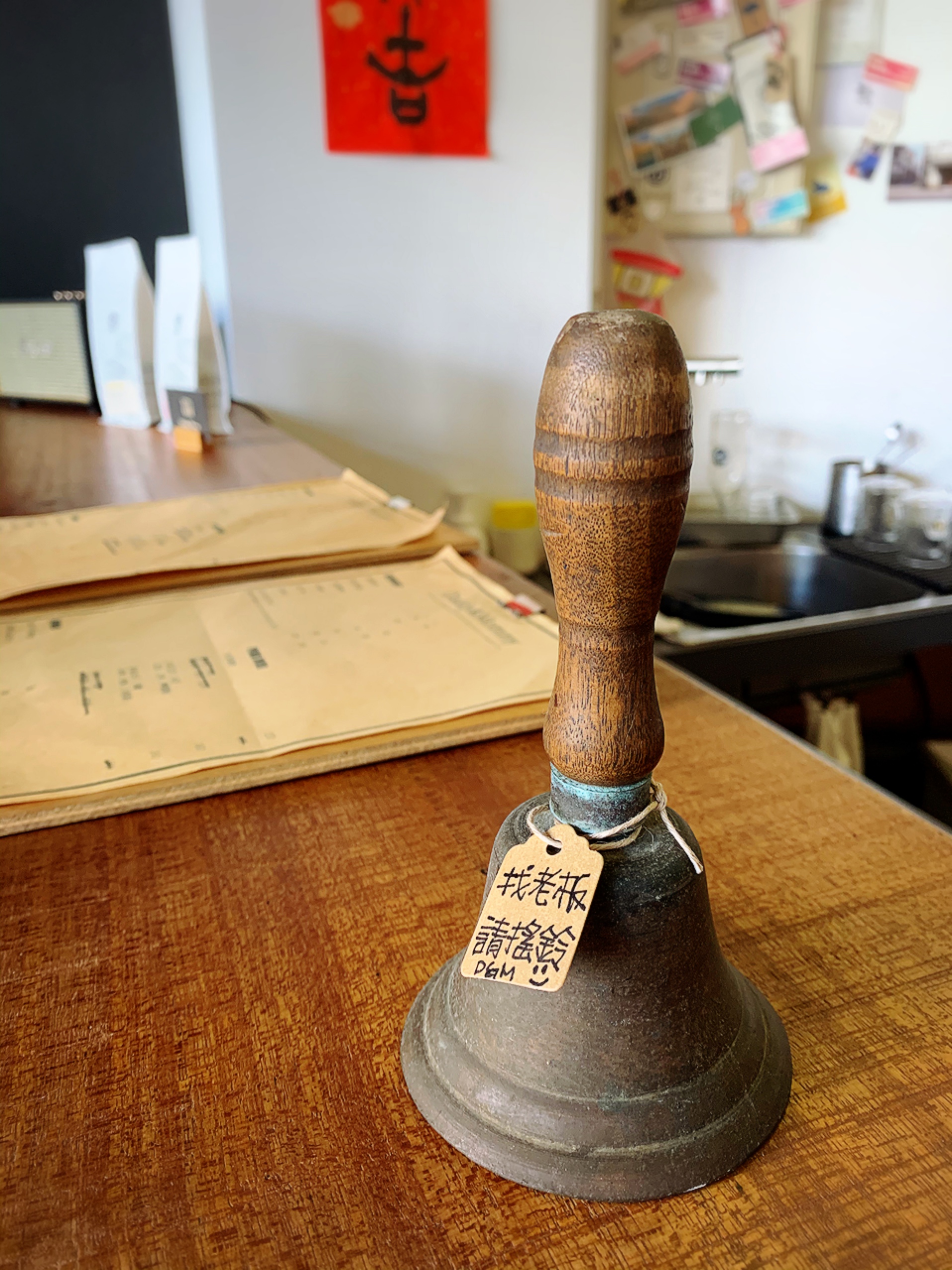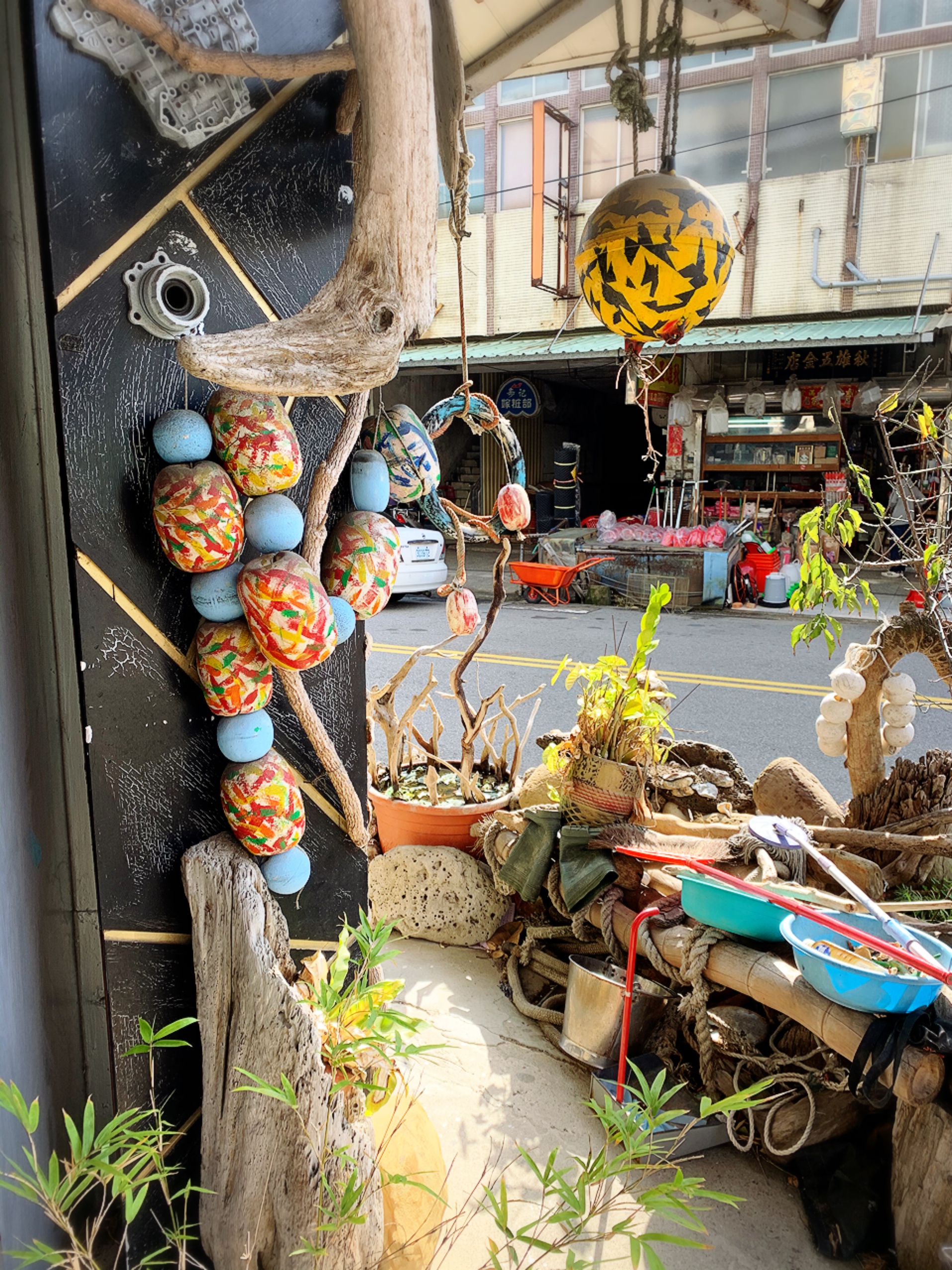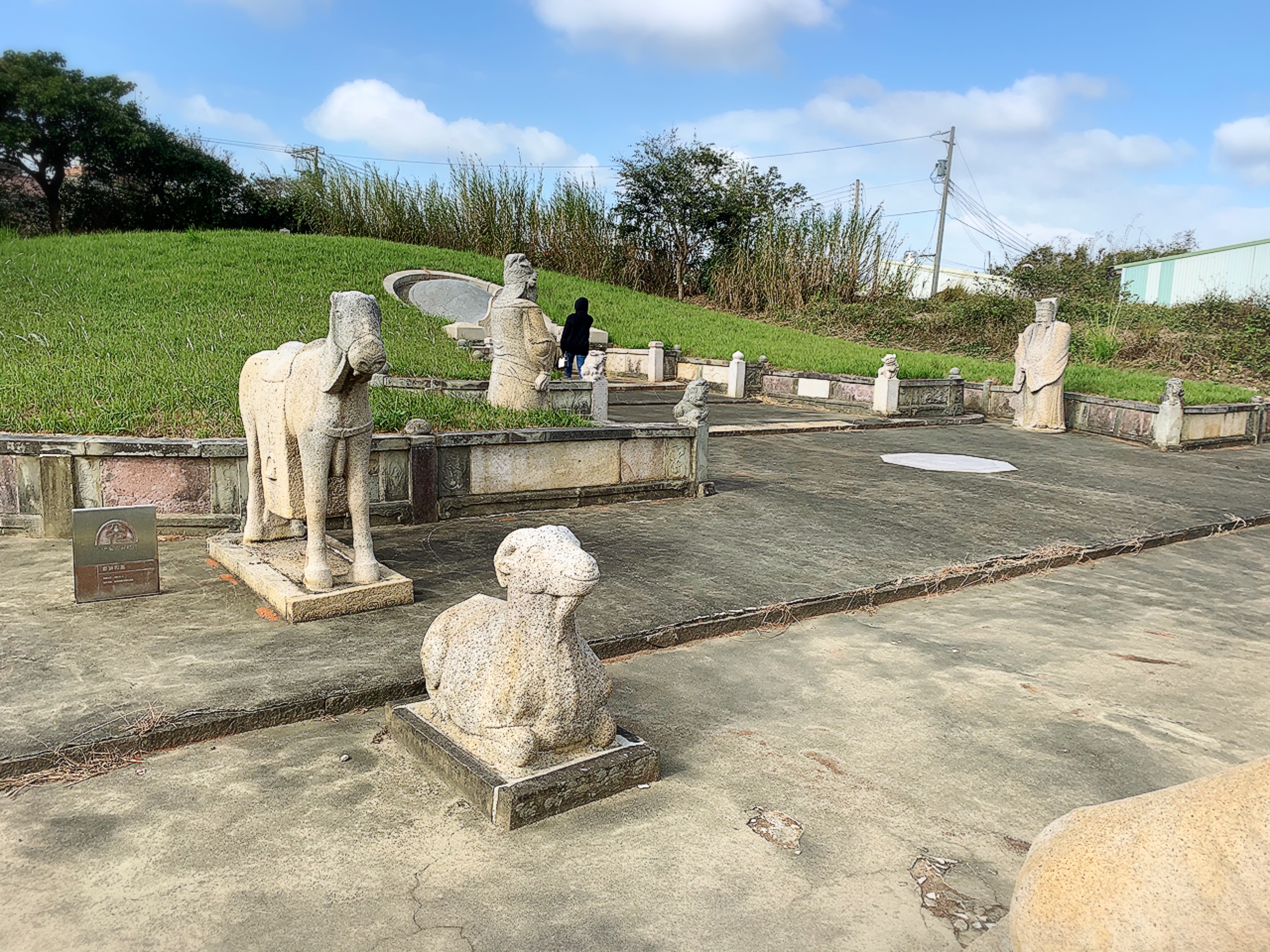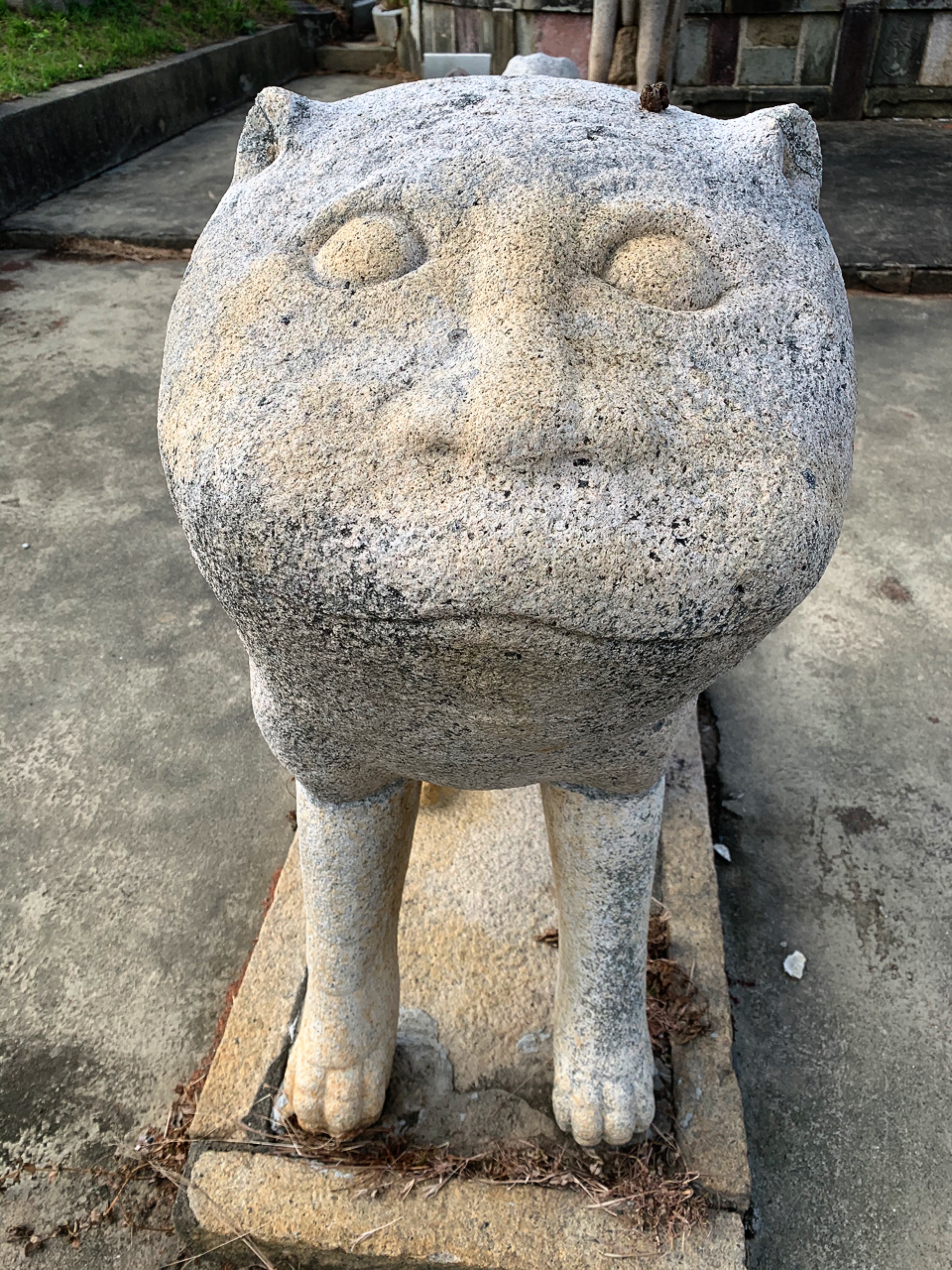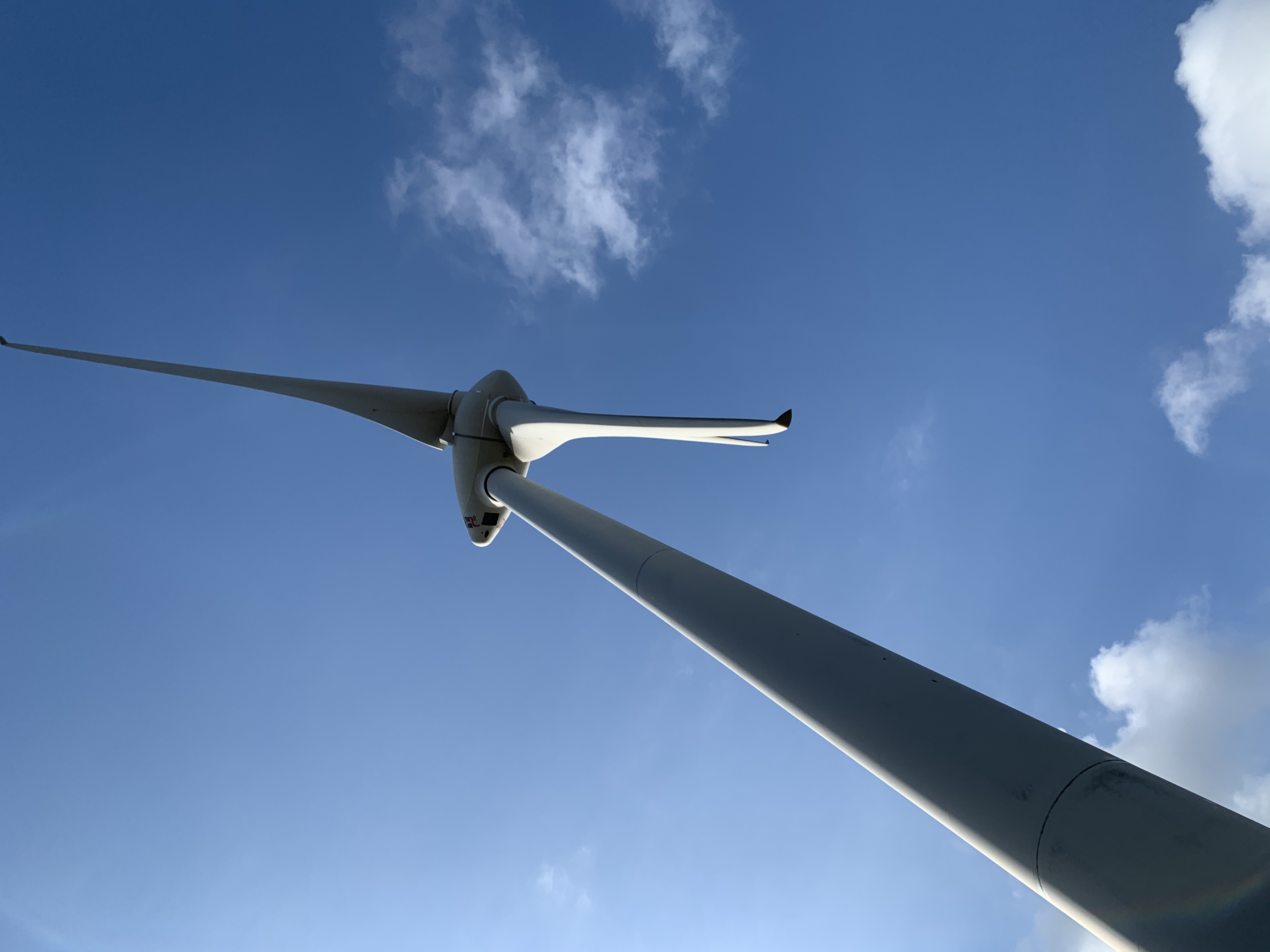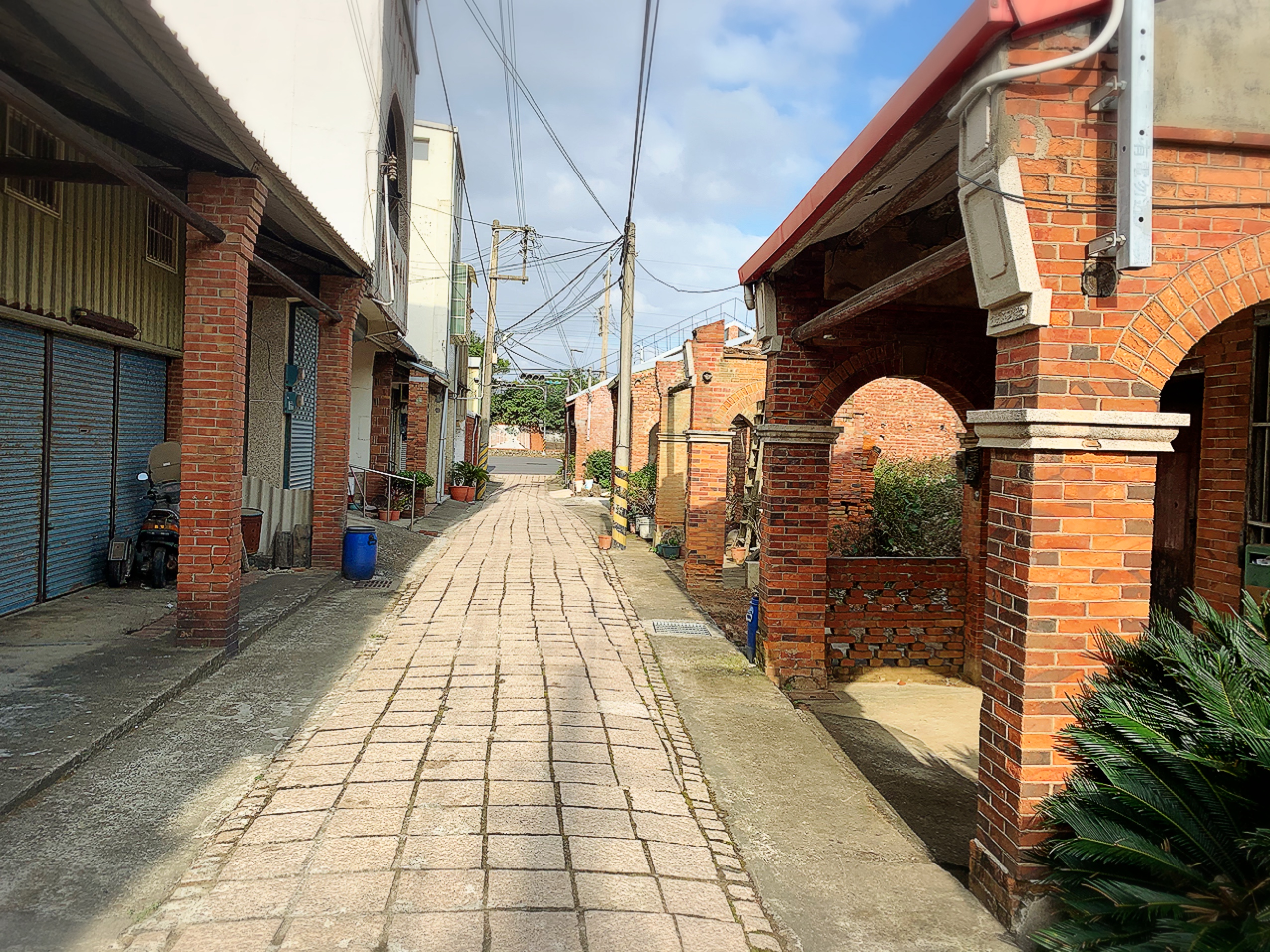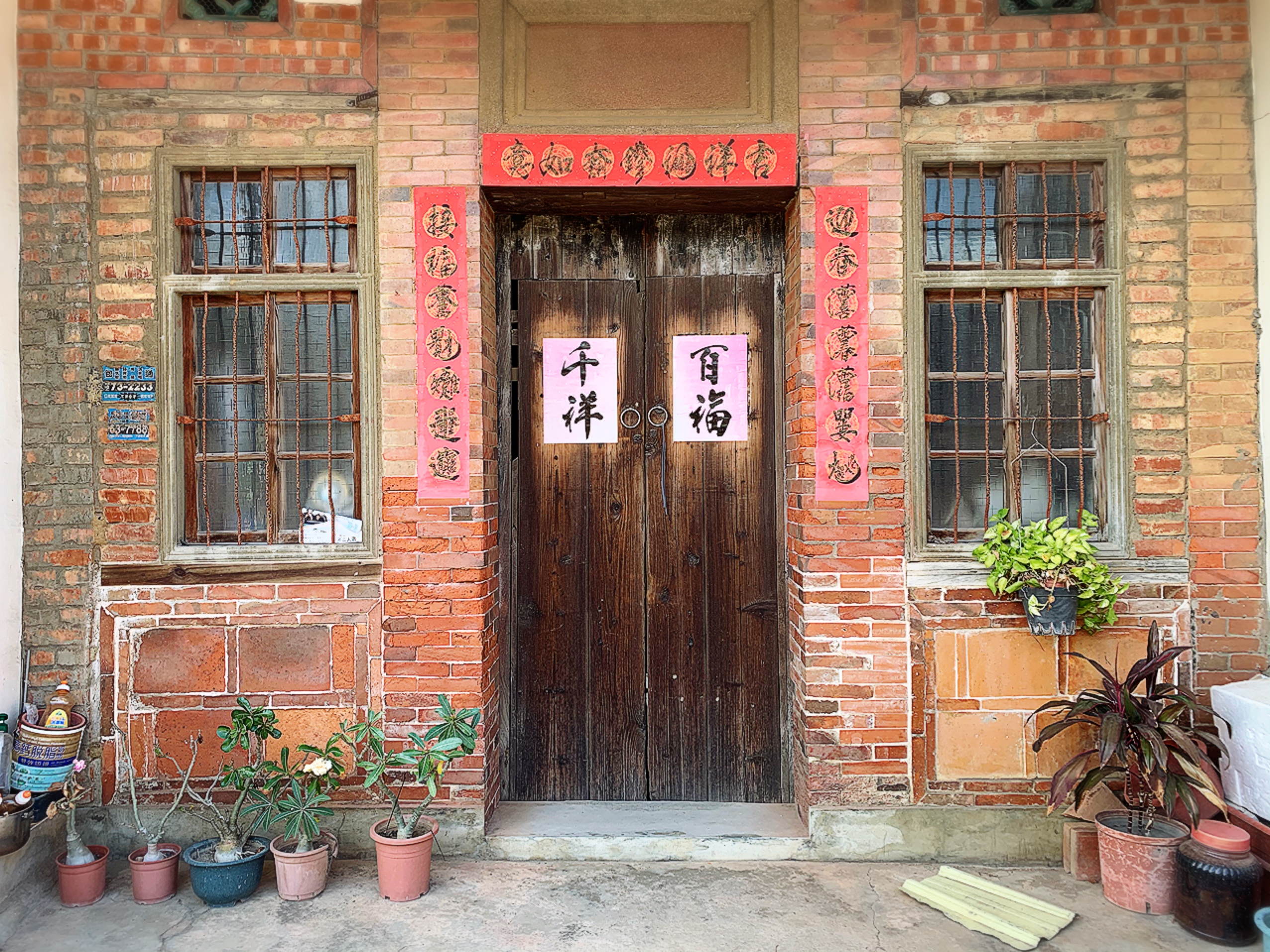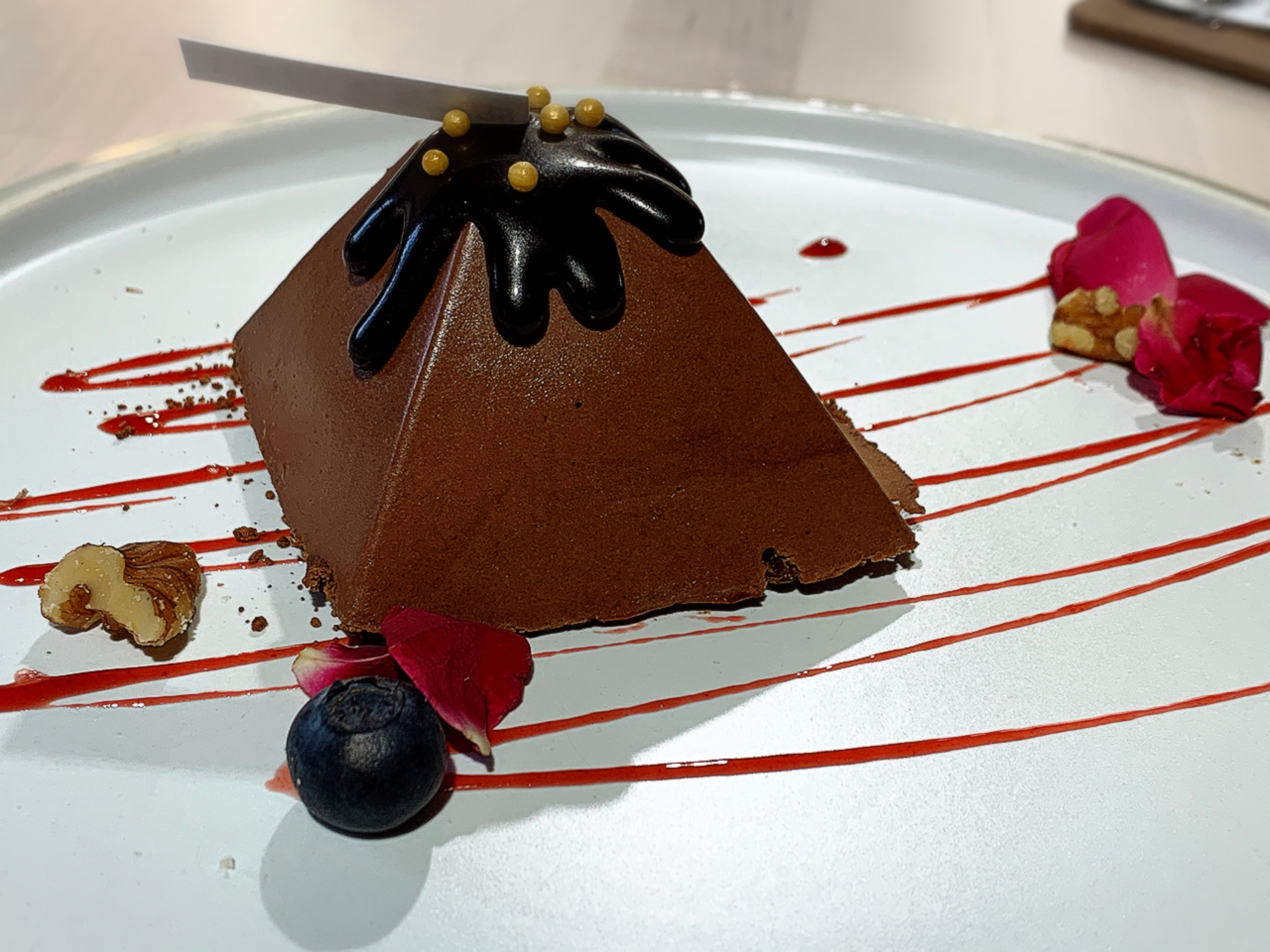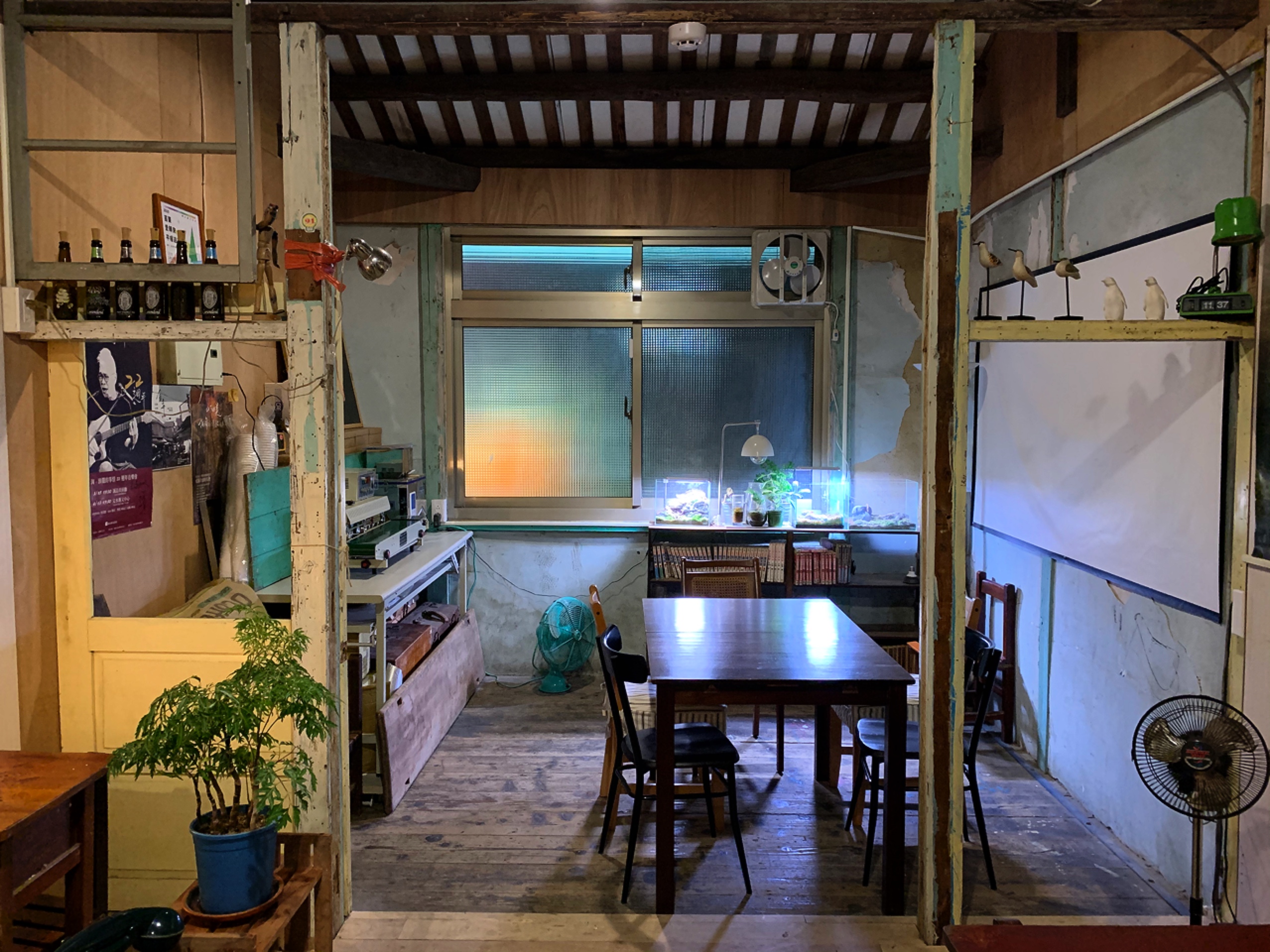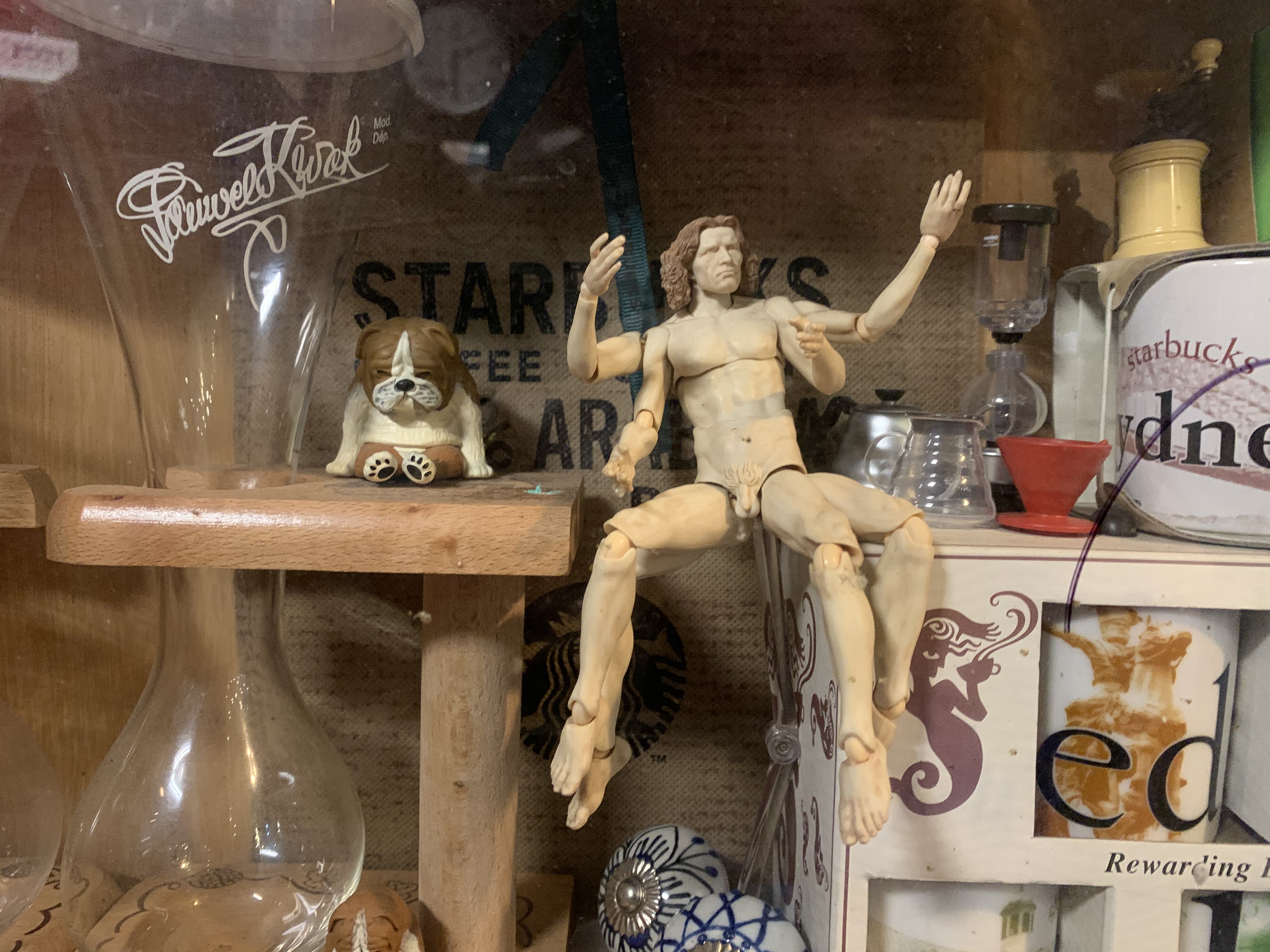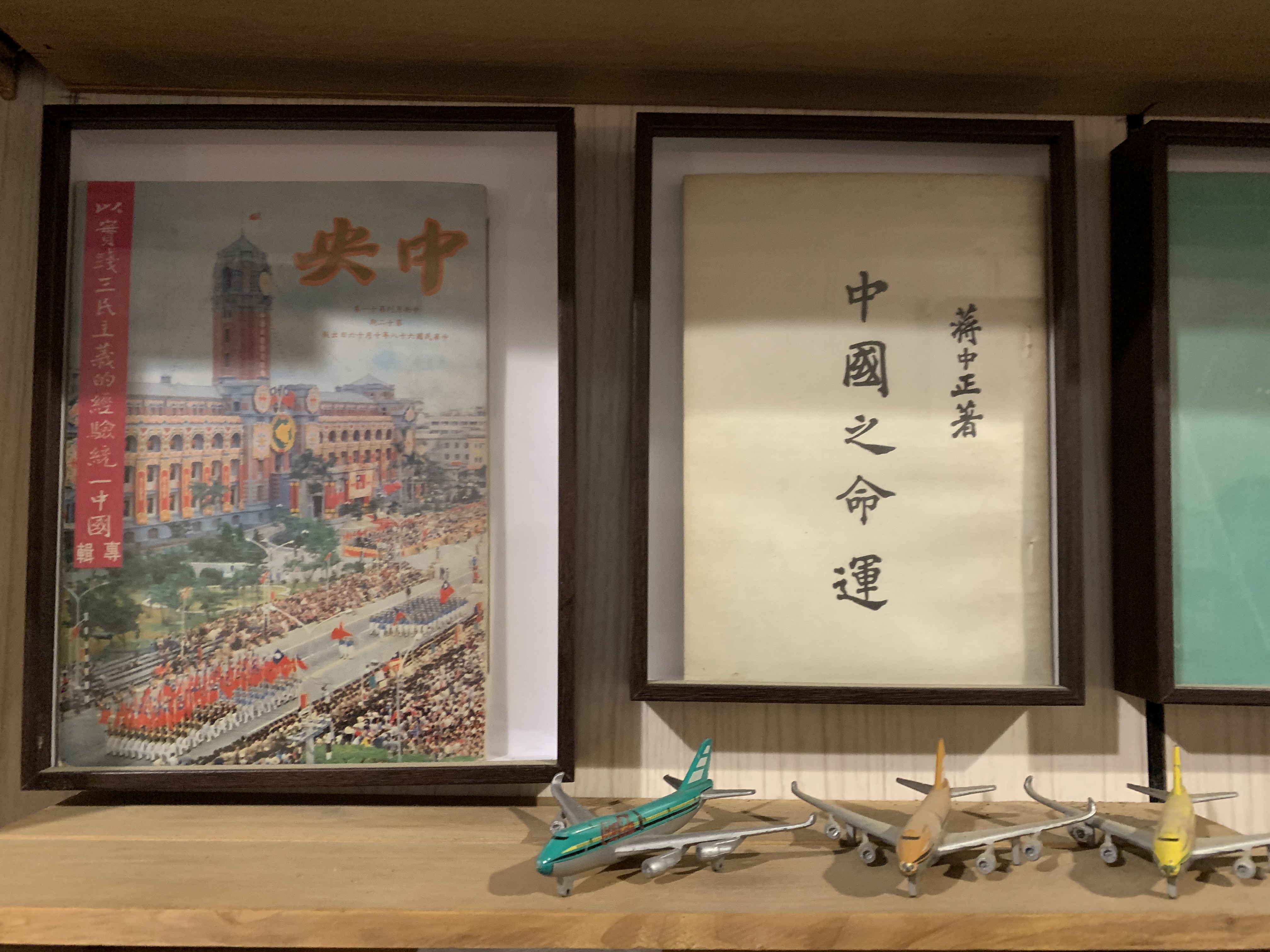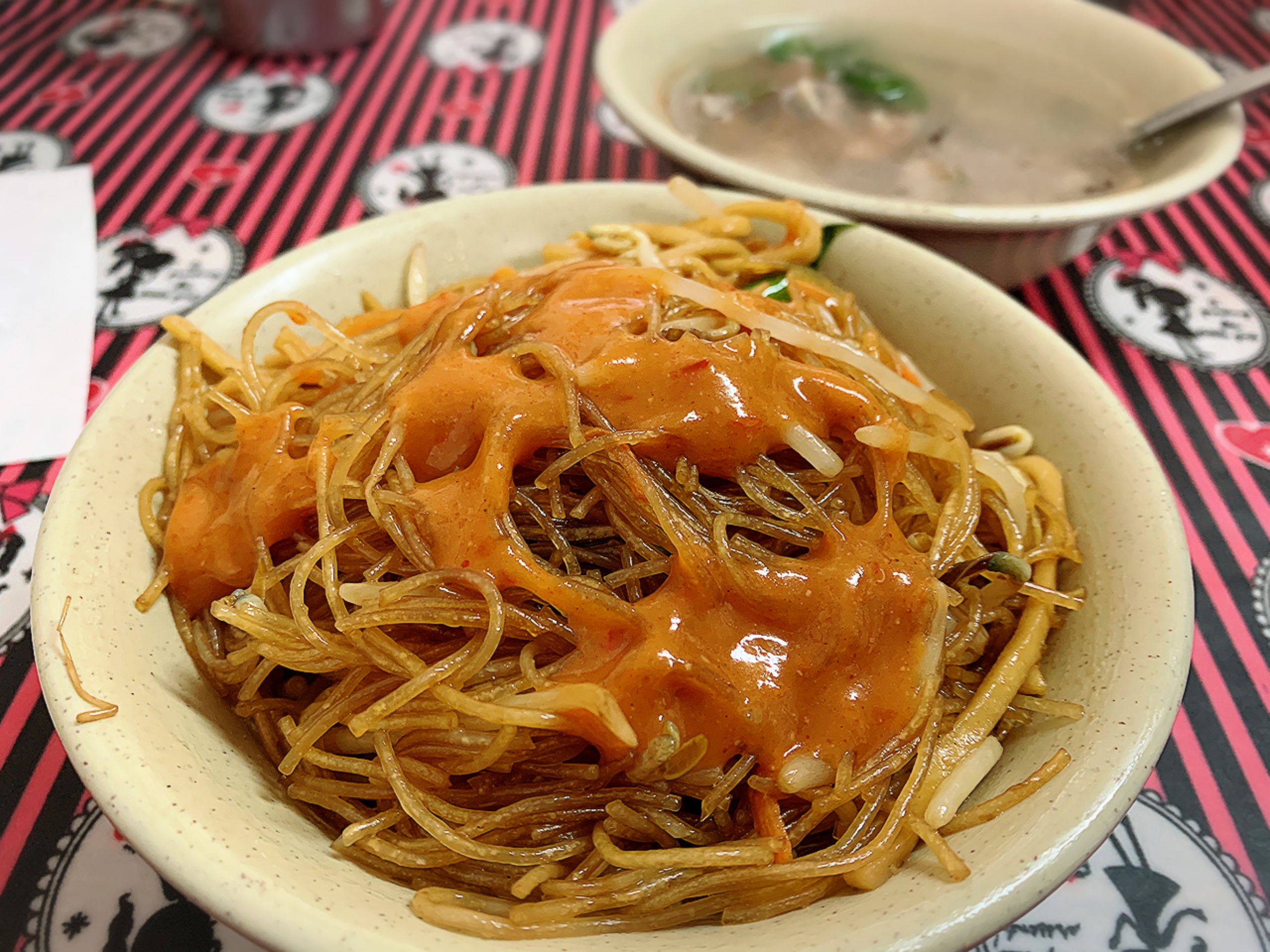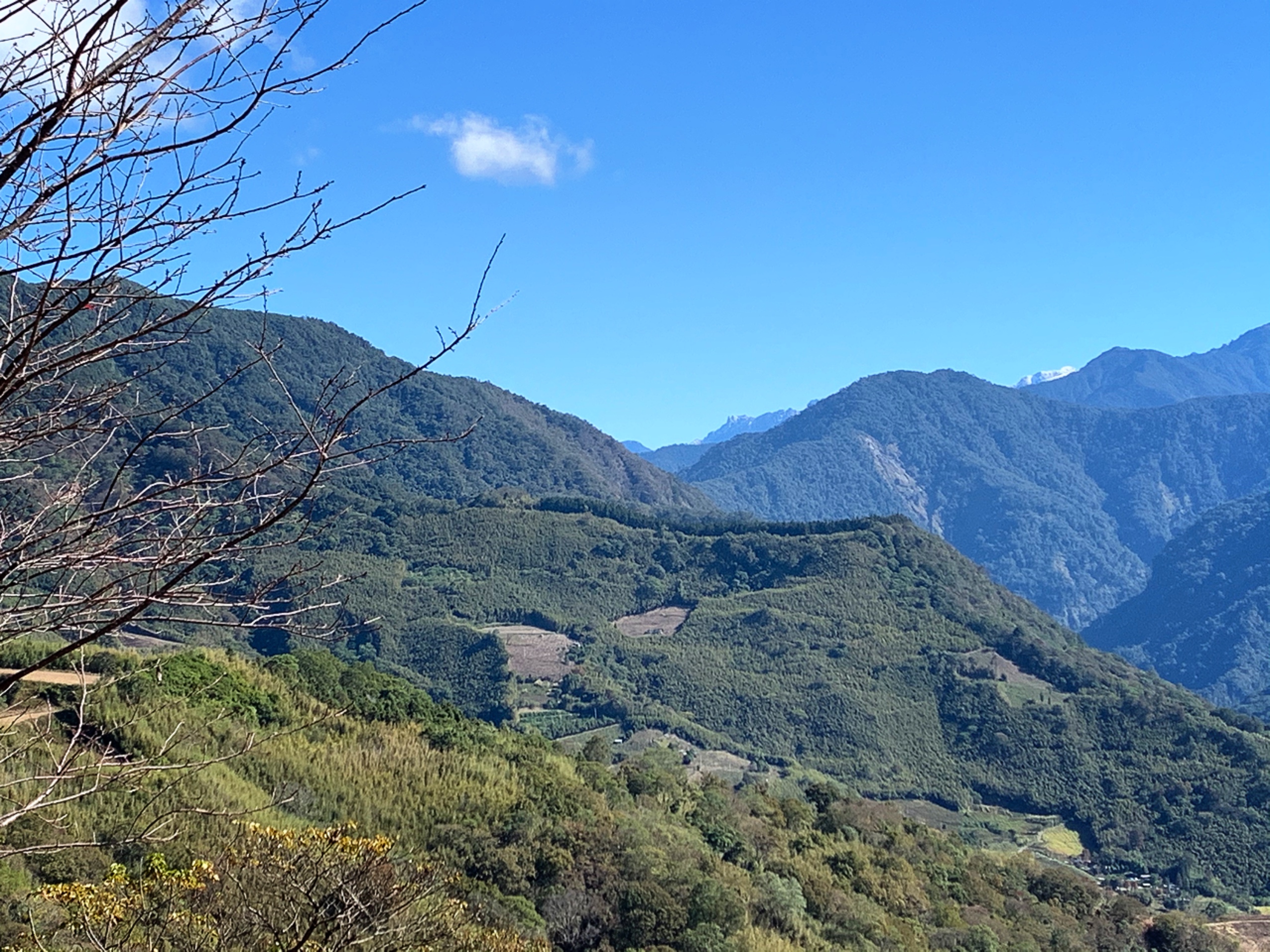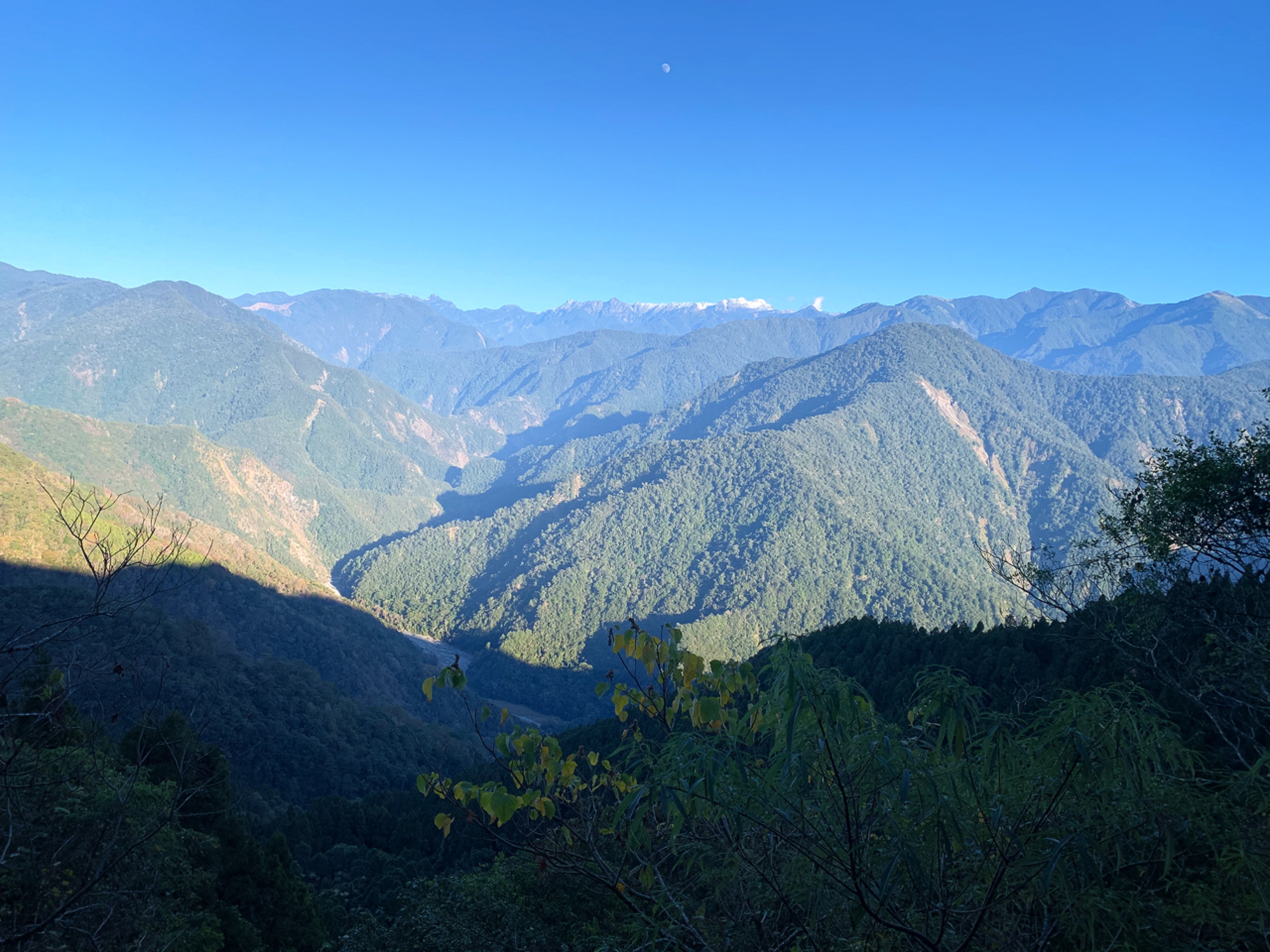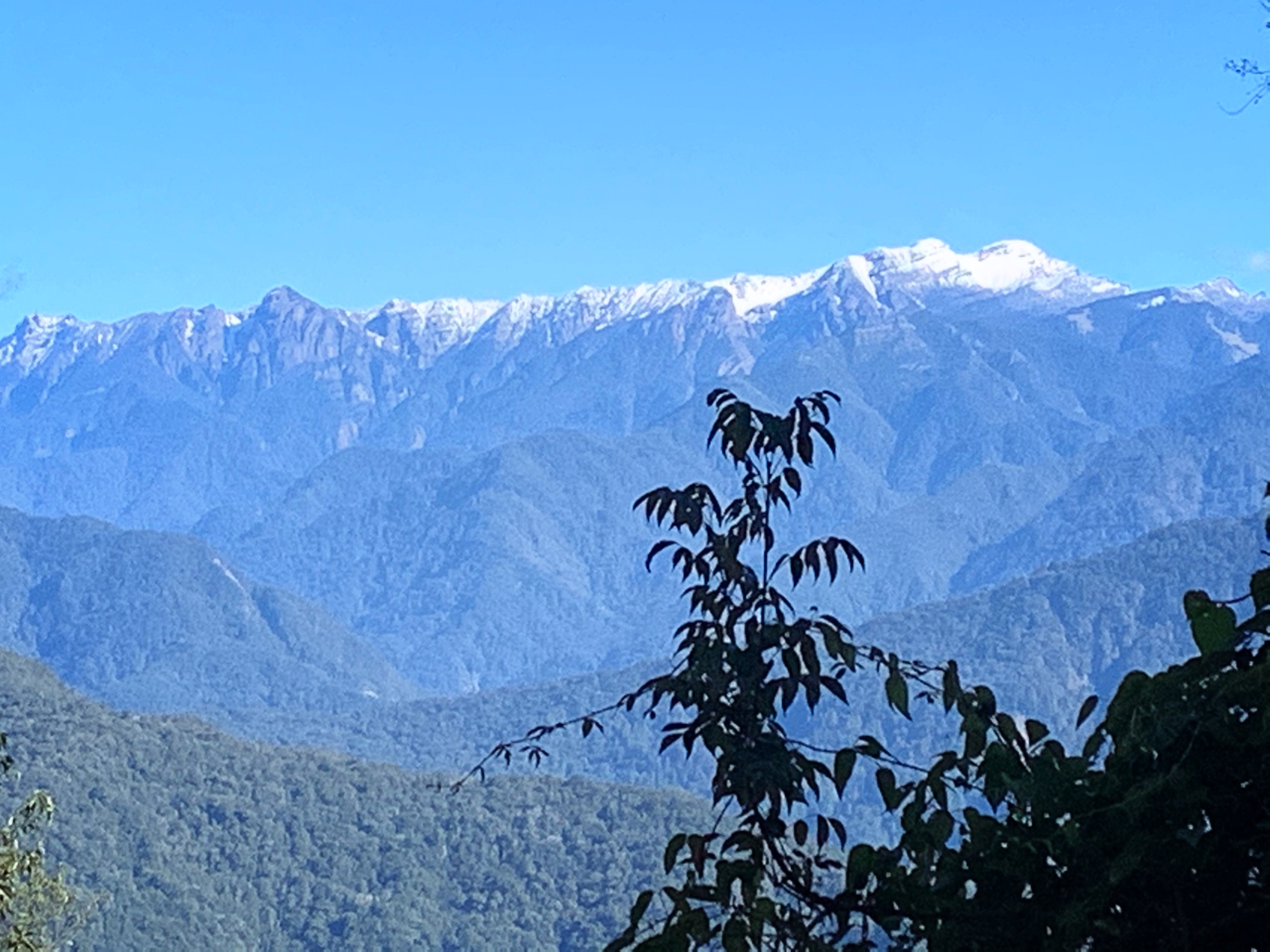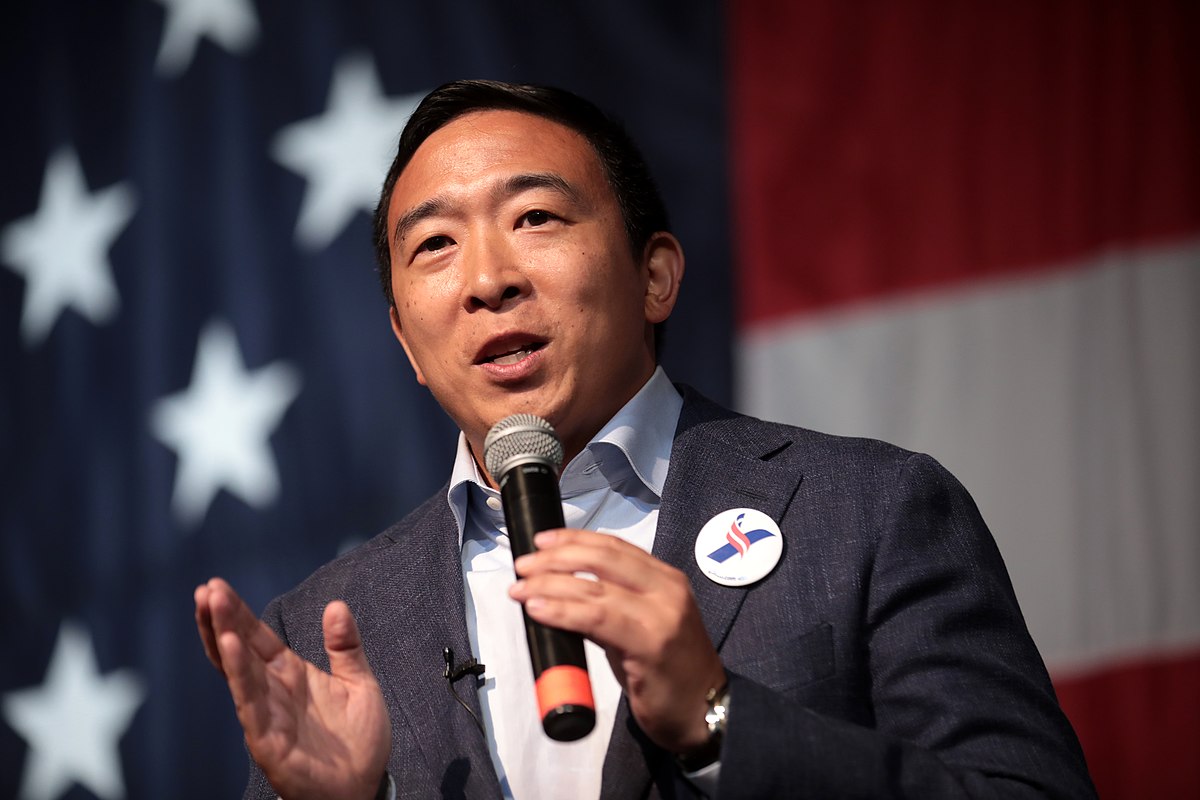
from Wikimedia Commons
Before I even begin, let me say that I know there are issues surrounding a non-Taiwanese person writing this. Taiwan is my home, but I'm not from here. I look different and am therefore treated differently. My cultural roots are different.
So, before you read this, go read Catherine Chou's excellent piece in Popula about this issue. (The only thing I'd change is that the article does not specifically call the ROC a colonial entity. It is one - however, I doubt she'd disagree with me on that, or at least not too strongly.)
It's hard to pull a quote as it's all fantastic, but here you go:
As the PRC has risen in might, it has consistently tried to erase the island nation’s unique political and cultural identity, making it clear that any attempt to shed the ROC framework, or otherwise formalize its independence under the name of Taiwan, might be met with invasion.
This makes the silence around Andrew Yang’s Taiwanese-American heritage that much more striking. In December 2016, then president-elect Donald Trump was lambasted for taking a phone call from Tsai Ing-wen, the moderate, wonkish president of the ROC, by liberal American commentators demonstrating little knowledge of the relevant geopolitics. In September 2018, Peter Beinart penned an article in the Atlantic proposing that the US secure peace in East Asia by allowing the PRC to take over Taiwan, an argument that has aged poorly in the wake of the Hong Kong protests and the continuing revelations of the internment camps in Xinjiang. As part of a coordinated campaign of intimidation, the PRC recently pressured dozens of multinational corporations to describe Taiwan as ‘Taiwan, China’ or ‘Taiwan, Province of China’ on their websites.
Given the obvious tensions, it’s worth asking why there’s been so little discussion about what it might mean for international relations to nominate a Taiwanese-American as the Democratic presidential candidate.
With this in mind, I don't want to come at the Andrew Yang identity debate from the angle of talking about how he should identify. That's a personal decision. He can identify as he wishes and I am supremely unqualified to critique the choice (or non-choice) he makes.
Yang's choice does seem to be a non-choice: he's identified as both Chinese and Taiwanese, though he only seems to pull out the word "Taiwanese" when not many people are paying attention. Otherwise, he's either Generic Asian, blunting his Taiwanese family history - though to be honest that's about as much as white America can often process - or using "Chinese".
What I want to add is this: the choice itself isn't the only point. It may not even be the most important one.
When someone makes a choice (or non-choice) between Taiwanese and Chinese, that choice is not made in a vacuum. It's not a level playing field. There are consequences to identifying as Taiwanese - for a US presidential candidate, these could include angering China (a country he'd have to engage in dialogue with if elected), alienating Chinese-American voters, and spooking other voters who read media reporting of the issue. China has made sure there are consequences; this is an intentional strategy. There are far fewer consequences to identifying as Chinese - fewer people are angered. Fewer friends lost. One less whiny big baby government throwing a tantrum. For a candidate, fewer voters alienated.
And on this unfair playing field, Taiwan always gets screwed. Because there are (intentional) consequences, it takes real guts to insist on Taiwanese identity on a public stage. Even privately, I've heard stories of Taiwanese and Taiwanese-Americans losing friends for refusing to acquiesce to the idea that Taiwanese are Chinese.
So to choose not to go down that road is not a mere matter of personal identity. These are not two neutral choices that come with equal consequences.
I'm not judging that on a personal level; we all make choices about how we present ourselves based on how that will be received, and as I don't inhabit a Taiwanese body, I can't truly know on a personal level how it feels to face this specific set of choices and how they might impact me. Yang specifically faces much steeper consequences for making that choice than most of us ever will; it's important to understand that.
But, as someone who loves Taiwan, would fight to defend it, and considers it her true and only home, Yang's choice also has consequences for me, for people I love, and for Taiwan. Shying away from the choice to be Taiwanese has implications regarding one's foreign policy, how they'll handle China, and whether they will stand up for Taiwan.
Despite Yang having Taiwanese ancestry, I simply do not trust that he will stand up for Taiwan, or that he is the best choice for Taiwan. Any candidate regardless of background will face some consequences for choosing to stand with Taiwan policy-wise.
Besides, I am someone who loves Taiwan enough that I've seriously considered whether I'd die to defend it (or more broadly, what it stands for). Again, it is my true and only home. Yet I don't get to choose to be Taiwanese; someone who looks like me, with my cultural roots, simply can't do that, yet. Taiwan is multicultural in a regional sense, but isn't in the same way that many Anglophone countries are; it's accepted that anyone can be American, but not that anyone can be Taiwanese. I accept this.
It's enough to say I'm an ally; I'll leave it at that.
I don't know if that will ever change, but if I were in a position to stand with Taiwan and make a real difference, I would do so.
As Catherine notes, in a perfect world, Taiwanese is a chosen identity.
Weirdly this statement only applies to Taiwanese-American candidates who, unlike other people, are pressured to identify with a place that their parents are *not* from, in order to spare everyone else's feelings— Catie Lilly (@catielila) December 20, 2019
*Taiwanese identity is chosen daily in hope of a different world https://t.co/H1sD1A8GYN
I think it's fair to say that in a world where Taiwaneseness can be freely chosen without the consequences deliberately set by China, Yang (and others) would be more likely to choose it. It's disappointing that we don't live in that world and so he hasn't, although he's under no obligation to do so.
Regardless of identity, does Yang stand with Taiwan?
If he had an informed Taiwan policy that was good for this country, I wouldn't care how he identified or what he said about it. As above, that's personal. In the end I'll support who is best for Taiwan no matter what they say (or choose not to say) about their background.
Sadly, that person is not Yang. His statements on Taiwan are a mélange of unenlightened, status-quo, China-benefiting pap:
Perhaps his lengthiest public comments on Taiwan so far came in October, when he told CBS reporter Nicole Sganga that ‘the Taiwan issue has been with us for decades’ and that a ‘positive continuation of the status quo should be one of our top priorities’, including ‘a relationship that works for both Taiwan and China’.
You have to be really ignorant of how things work in the Taiwan Strait to think that this situation 'works' for Taiwan. It is begrudgingly accepted by Taiwan for lack of a better alternative, thanks to Chinese bullying and fears of war. But 'work'? Not unless you think Taiwan wants this and wants to be the ROC, and believes in 'One China'. Data consistently show that on all counts, it does not.
This situation works for China, and helps the US avoid taking a clear stand in support of Taiwan. Nothing more. Yang should know that. Why doesn't he?
Yang stated incorrectly that the US has a ‘mutual defense treaty with Taiwan’. (The Sino-American Mutual Defense Treaty was abrogated in 1979, the year that the US established formal diplomatic relations with the PRC. In its place, Congress passed the Taiwan Relations Act, which governs arms sales to Taiwan and allows for the maintenance of an unofficial embassy on the island, the American Institute of Taiwan.) Yang also failed to clarify that under the ‘status quo’ Taiwan is already independent from the PRC.
Taiwanese, Chinese, American, hyphenated, whatever: I would have hoped that, given his familial ties to this part of the world, that he'd know better and be a better ally to Taiwan.
And Catherine has already done a fine job of pointing out the erasure of Taiwaneseness, even (especially) among Asian-Americans:
A significant element of the reason for the US media’s silence on Yang’s Taiwanese-American heritage is attributable to the very Asian-American writers, academics, and activists who have kept him in the news. By analyzing Yang primarily in terms of how much he leans in to classic ‘model minority’ stereotypes, they have flattened and homogenized his background while sidestepping the most pressing questions on foreign policy and identity formation raised by his candidacy. For example, in response to Yang’s awkward October debate quip that he knew ‘a lot of doctors’ because he was Asian, Frank Shyong remarked in the Los Angeles Times on the irony of a ‘powerful man on a powerful stage, powerless to be himself’, without elaborating on why a Taiwanese-American, in particular, might feel this way.
The sociologist Nancy Wang Yuen recently described Andrew Yang on Twitter as the ‘first Chinese American presidential candidate’ and responded to evidence of his (sometime) identification as a Taiwanese-American by arguing that the ‘difference between [Chinese and Taiwanese] is much more nuanced’ than her critics seemed to think and that ‘there are Taiwan-born [and] -raised folks who identify as Chinese, not Taiwanese’. Her statements, however, overlook trends in present-day Taiwan, where 73% of people ages 20 to 29 identify as Taiwanese only. Polls now consistently show that fewer than 5% of people living in Taiwan identify as Chinese only. [Emphasis mine].
At this rate, I'll end up quoting the whole piece here! I try not to do that but no matter, I do believe her voice is more important than mine on this issue so it's great if her words take up real estate on my blog.
Angry people will say "stop playing identity politics", "don't tell people how to identify", "that's just ethno-nationalism" or some variation on that theme, and then use that rationale to go ahead and just lump Taiwanese in with Chinese.
In other words, they insist that nobody can dictate identity, and then go ahead and decide how Taiwanese should identify by erasing their existence and considering them Chinese. They seem completely unaware of how the second half of that equation completely negates the power of the first.
Everyone else gets to be proud of their roots and identify how they wish, but when Taiwanese want to do the same, their desire is called 'nationalist' or 'ethnocentric' or 'divisive'.
Erasing Taiwanese identity this way is the result of an intentional strategy on the part of China to influence such dialogue, but people who engage in it seem ignorant of this.
Those same people then go on to have earnest conversations about what identity - including more specific identity - means to them, without considering how this attitude makes it difficult for Taiwanese to do the same. To stand up and be fully themselves, however they may choose to identify and articulate it.
How is it that we agree nobody can tell anyone else how to identify, but Taiwan isn't supported as a potential identity by the very people who say that? Do they realize they're playing a part in the intentional strategy of making it difficult to choose Taiwaneseness?
If you don't see it, consider this: Hasan Minhaj did a whole segment on the Asian-American vote, listed the various ethnic groups under the hypernym 'Asian', interviewed a candidate whose ancestry is from Taiwan, and still managed to not mention Taiwan at all.
If that's not a case of an Asian-American erasing the possibility of identity for other Asian-Americans, I don't know what is.
What's interesting here as well is that every time I've heard Yang's non-choice discussed, it's under the assumption that he must waver on whether he is Taiwanese American, Chinese American, neither or both because his parents must be KMT diaspora (that horrible term 外省人 which I hope, along with its twin 本省人 will cease to hold real social meaning as expeditiously as possible, for many reasons. 'KMT diaspora' is the most neutral term I could come up with; it includes those who came here not as oppressors but refugees, though many were oppressors and some refugee attitudes supported that.)
However, that's not the case:
Given the way @AndrewYang has been read as '外省人' both by prominent Asian-Americans (see: https://t.co/hCQJheKJwM) & Taiwanese dissatisfied w/the way he switches btw a TWese- & Chinese-Am identity, thought I'd share what I've learned about his heritage. Spoiler, he's 本省人 1/— Catie Lilly (@catielila) December 20, 2019
This is backed up by the thread that follows.
Frankly, I don't care where Yang's family comes from or how long they've been here. It's just really interesting that many people have made this incorrect assumption.
It's a perfect illustration, in fact, of why it shouldn't matter. A few generations on, plenty of grandchildren of KMT diaspora are strong supporters of Taiwanese identity. Many of my friends are - I don't care where they came from; I care about what they think regarding Taiwan. And plenty of people whose families have been here for far longer hold Han nationalist or anti-Taiwan views. Yang is a good example of a person with old Taiwanese roots who still isn't exactly in Taiwan's corner.
It's sad but not surprising, by the way, that Taiwanese identity is associated with 'ethno-nationalism' but Han supremacism/Han chauvinism isn't, even though it's ethno-nationalism in favor of an ethnic Chinese state. Whereas Taiwaneseness is by its nature anti-ethno-nationalist - if Taiwanese and Chinese are ethnically/culturally similar - whatever that means - but Taiwan doesn't want to be a part of China despite this, Taiwaneseness must be founded on something else, no? Something more values-and-history based?
At the end of all of this, considering Yang's freedom to define his own identity, all I can say is this:
If you think allies of Taiwan who can vote in the US are going to support Yang just because he has Taiwanese roots in some sort of identitarian frenzy, you're sorely mistaken. At least regarding me. I don't want 'the Asian guy' - by going that route, he's Generic Asian-ed himself out of my consideration.
There is something to be said for an Asian-American simply being on that stage; it's an important moment of representation. However, as I'm not Taiwanese, I can't speak to whether having Andrew Yang and his non-choice is specifically an important moment for Taiwanese-American visibility specifically. I'd think not, but it's not for me to say.
To repeat my earlier point: his personal identity choice and what he says about it matter less than whether his stated policy beliefs as a presidential candidate show he's a Taiwan ally. I want the socially liberal candidate who is best for Taiwan.
Identity aside, that person is Elizabeth Warren, not Andrew Yang.

